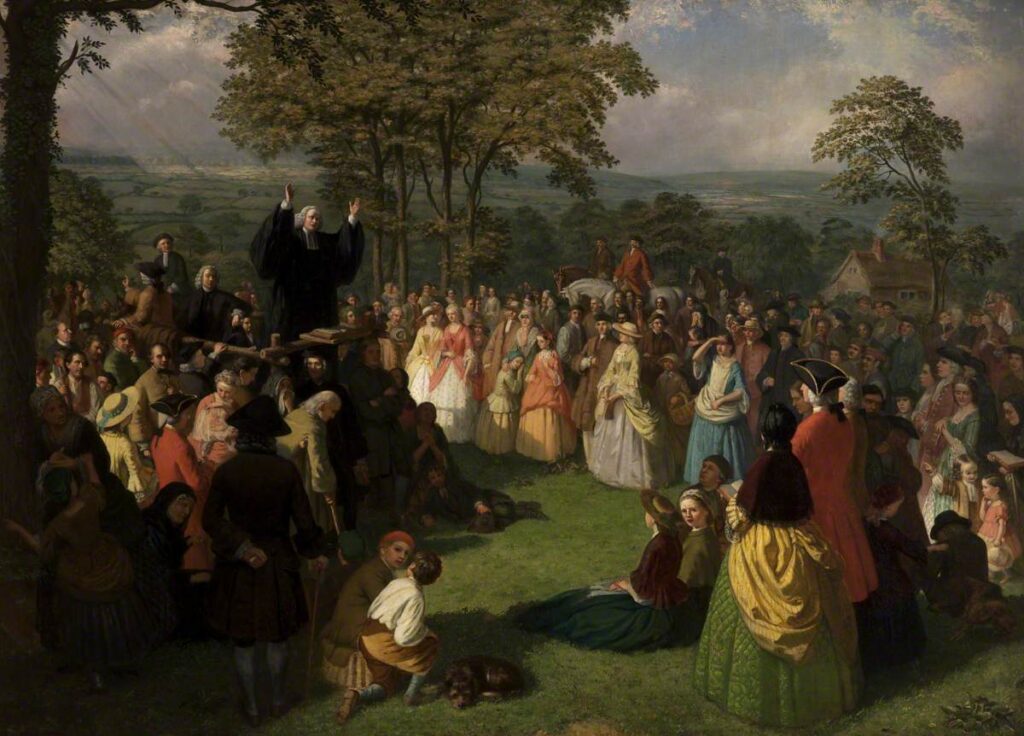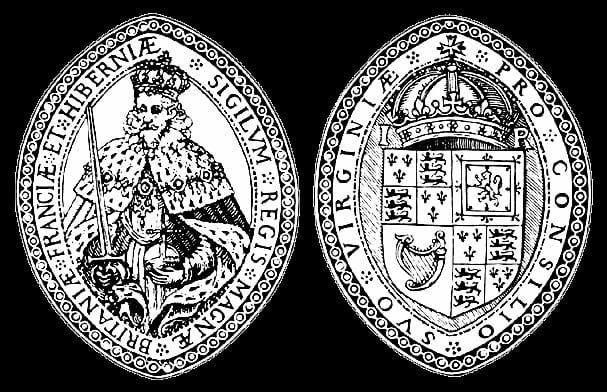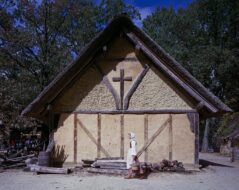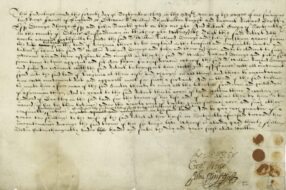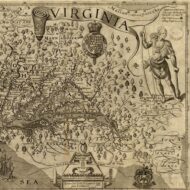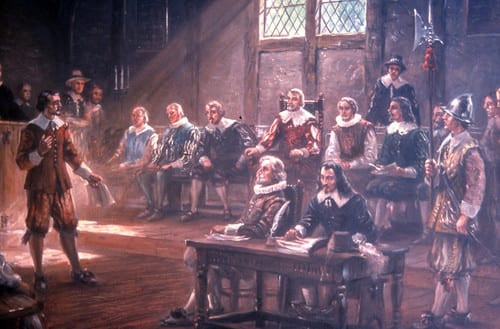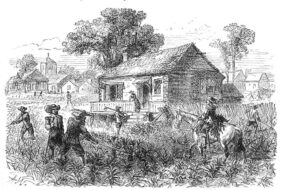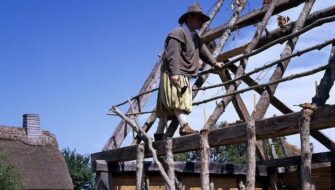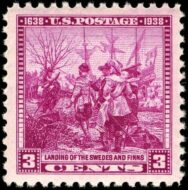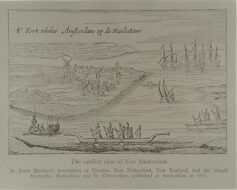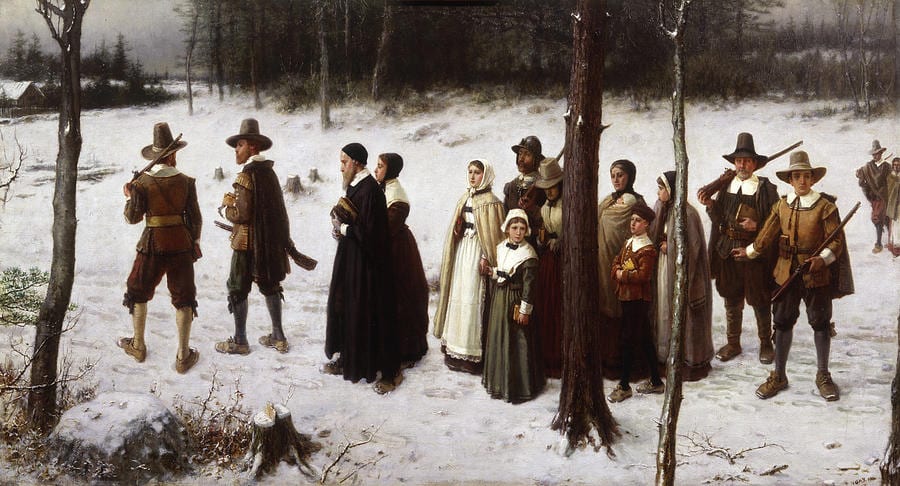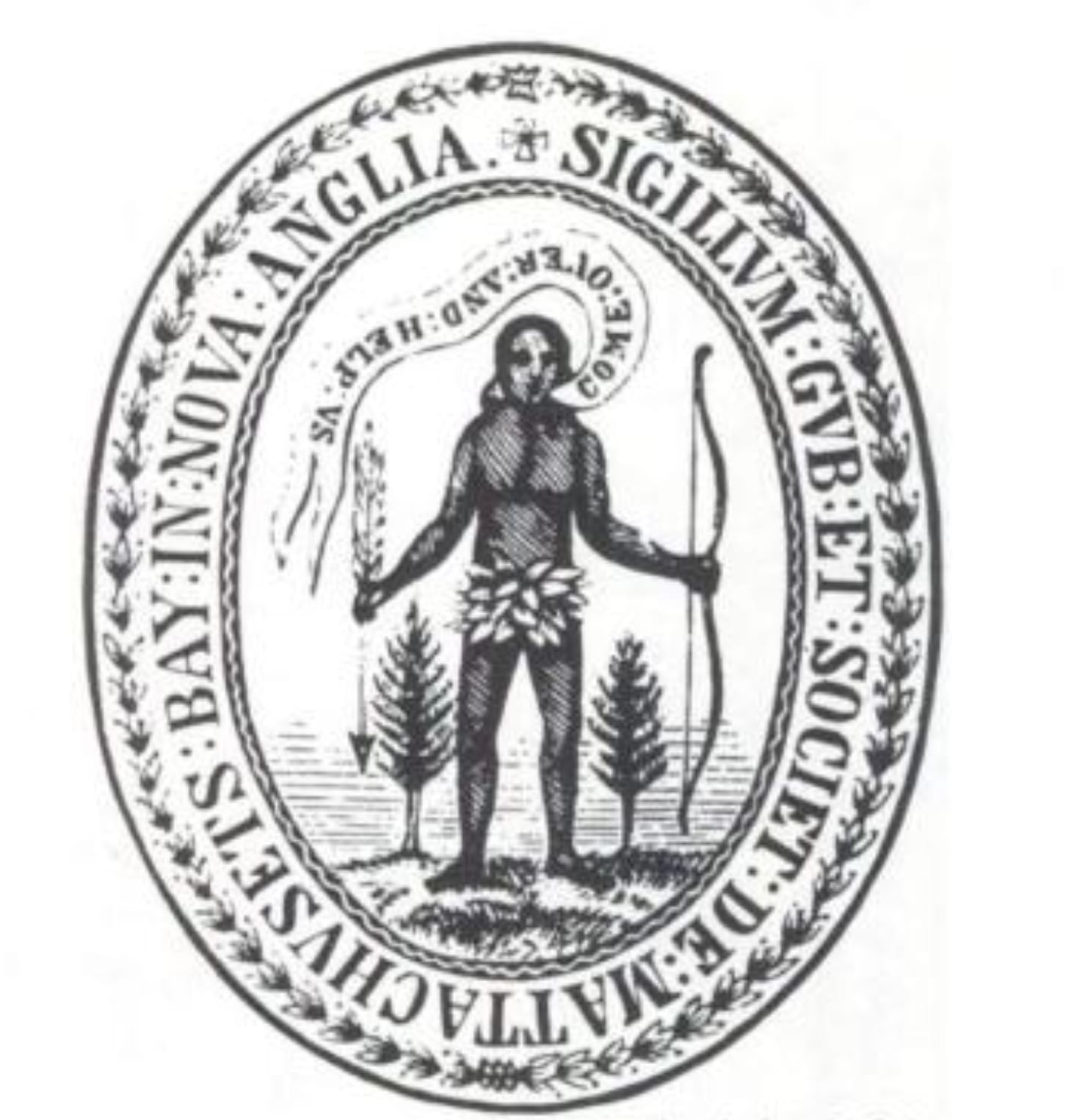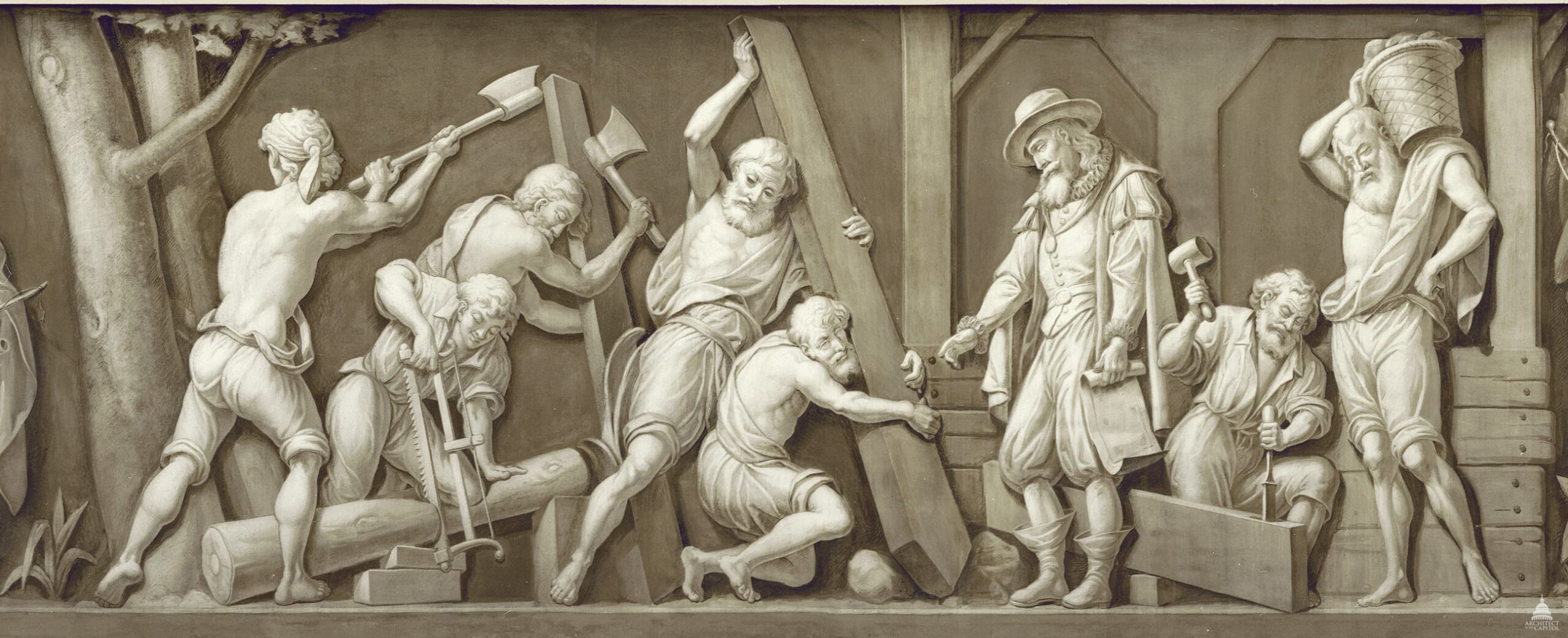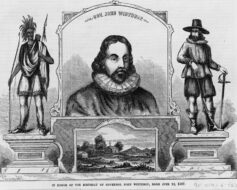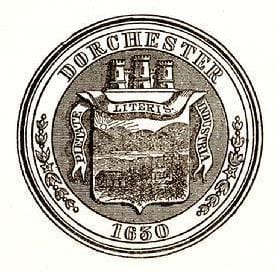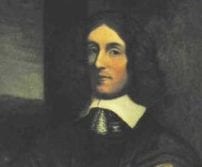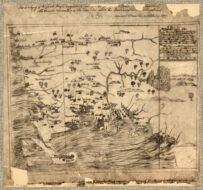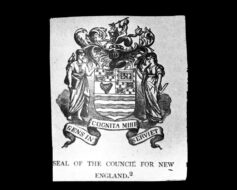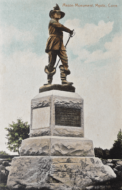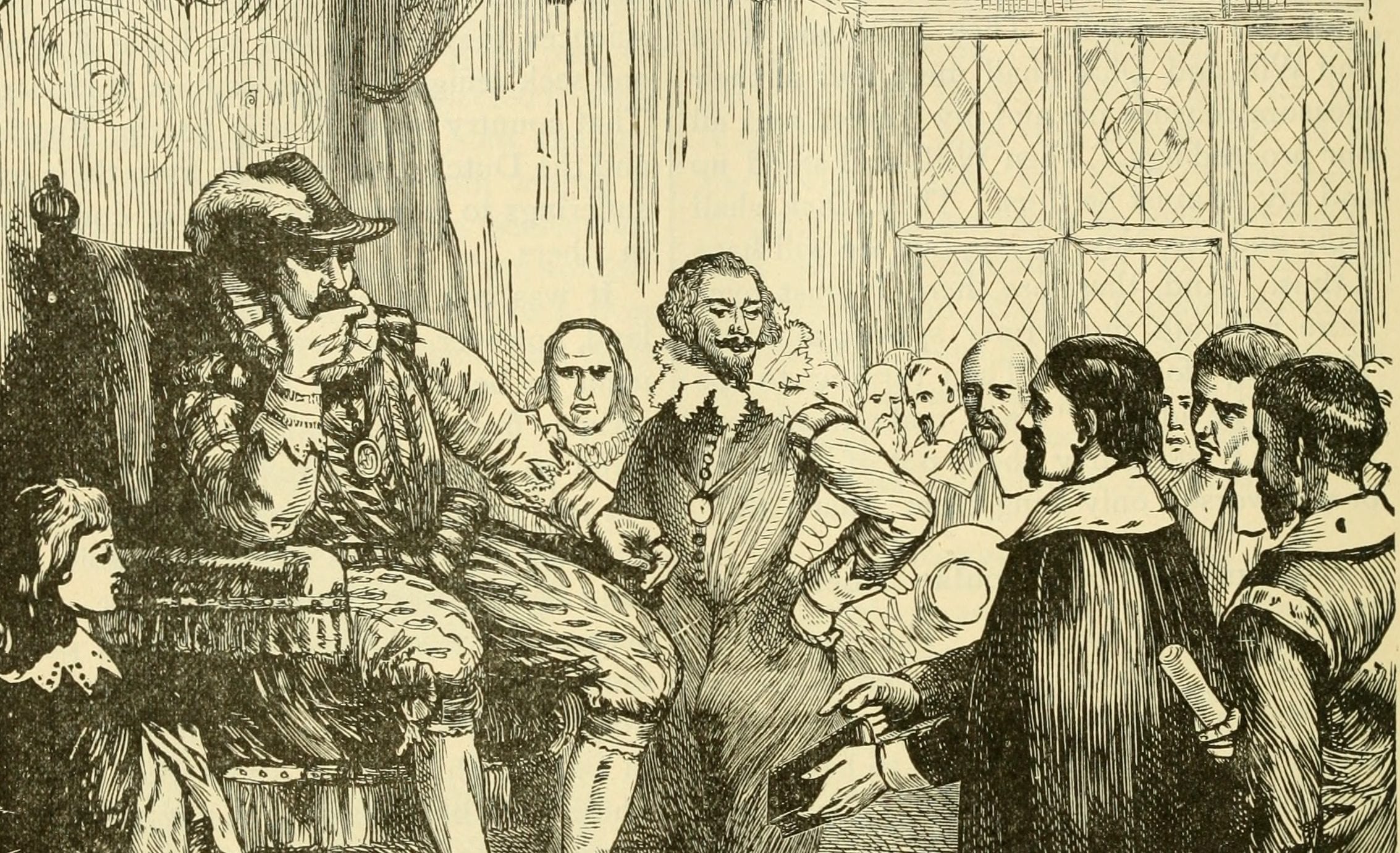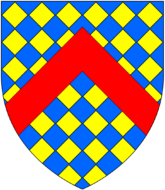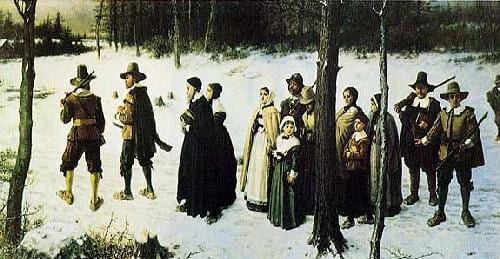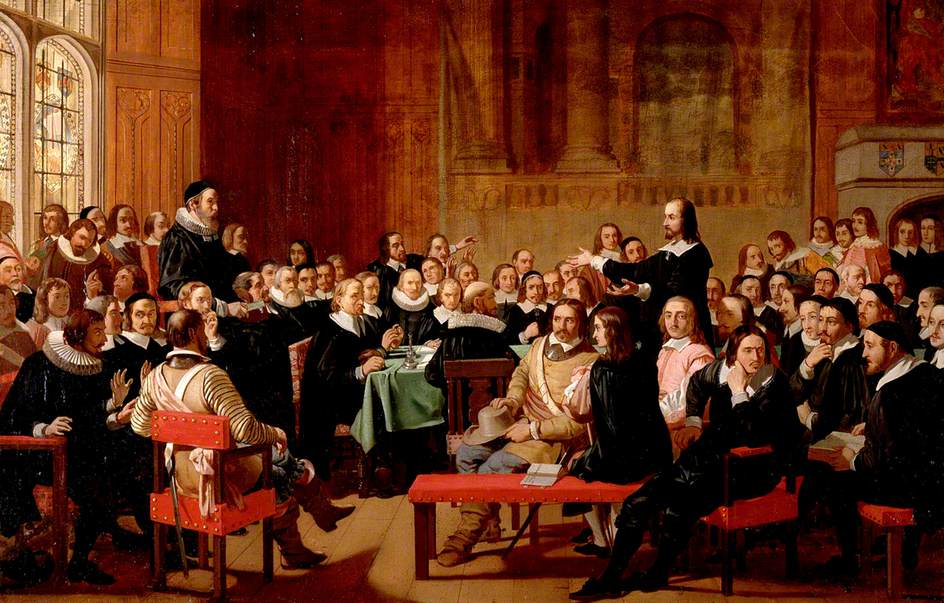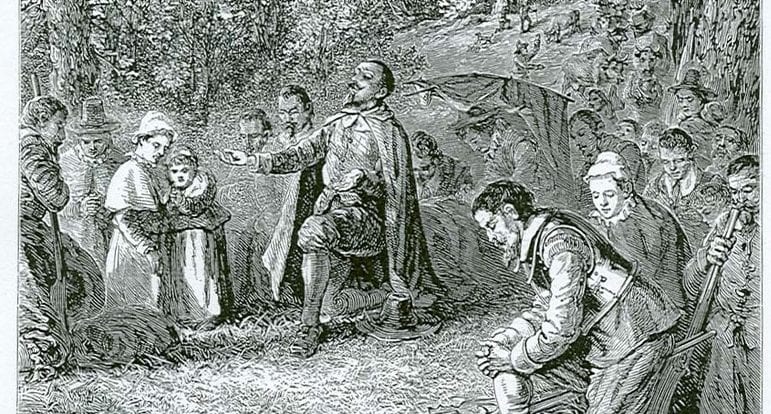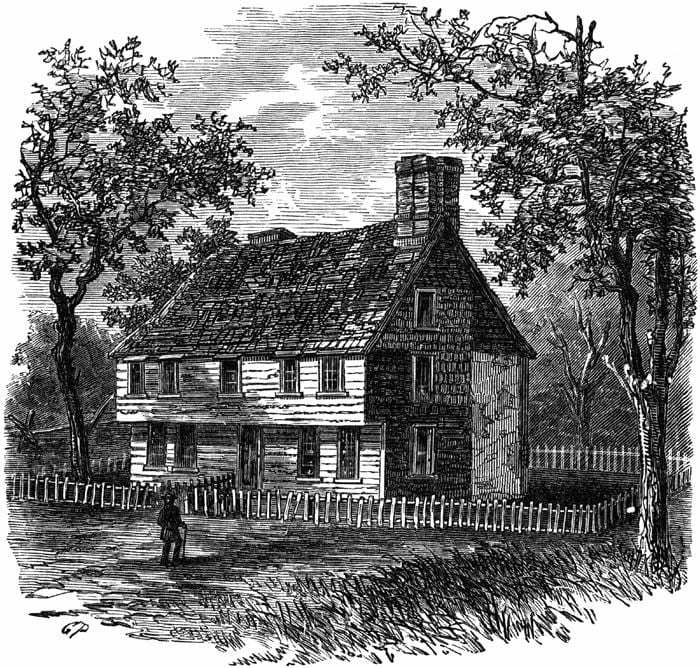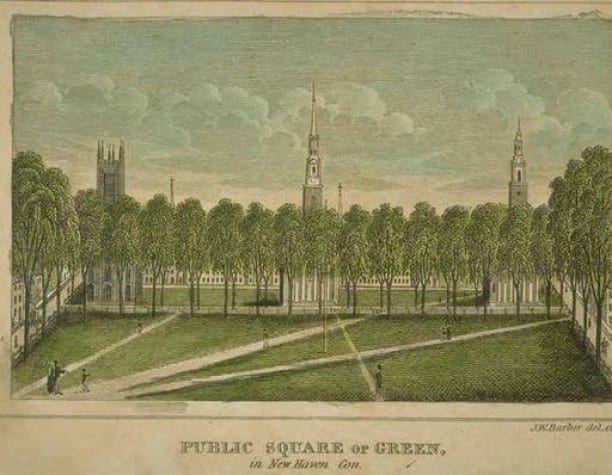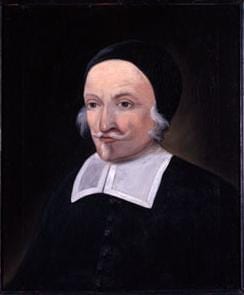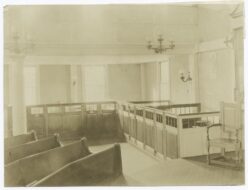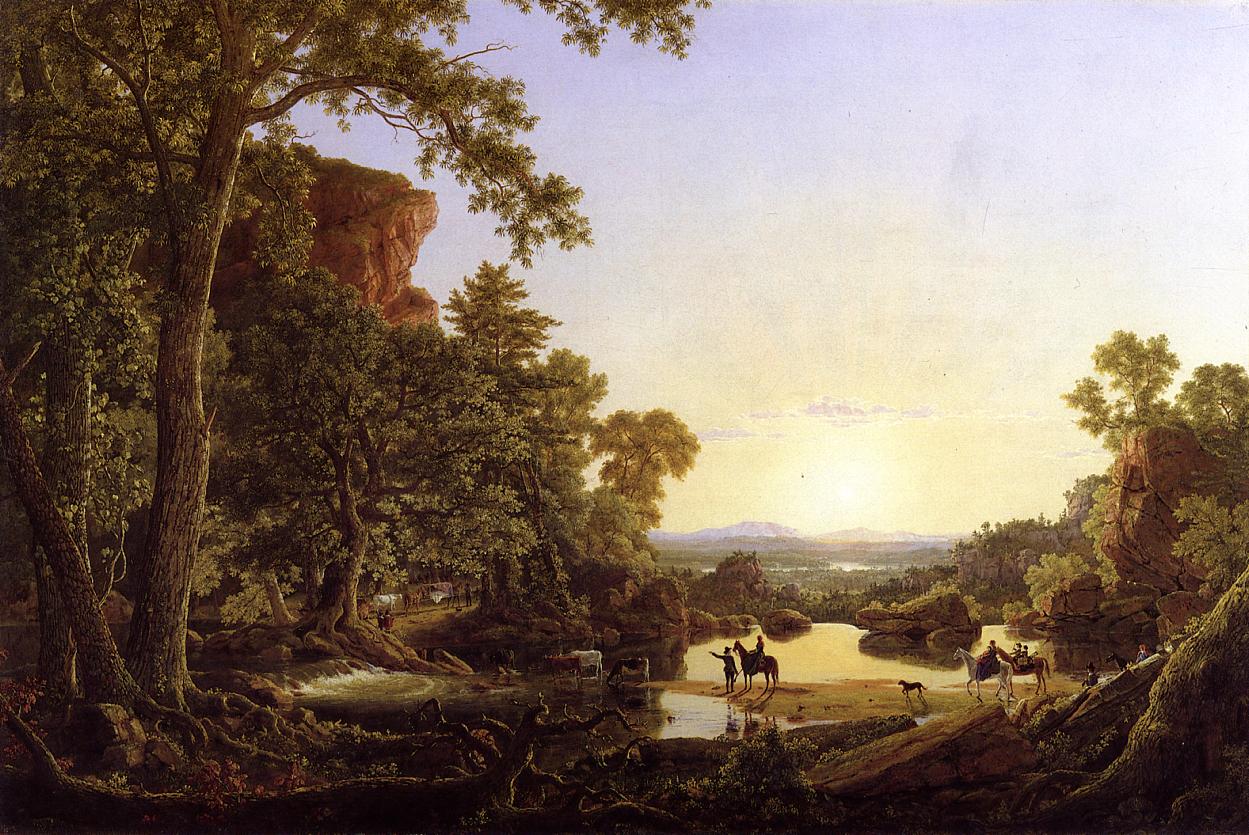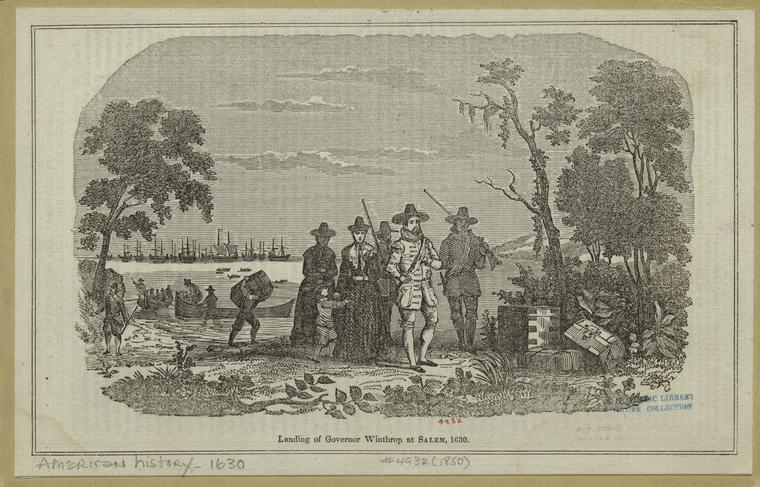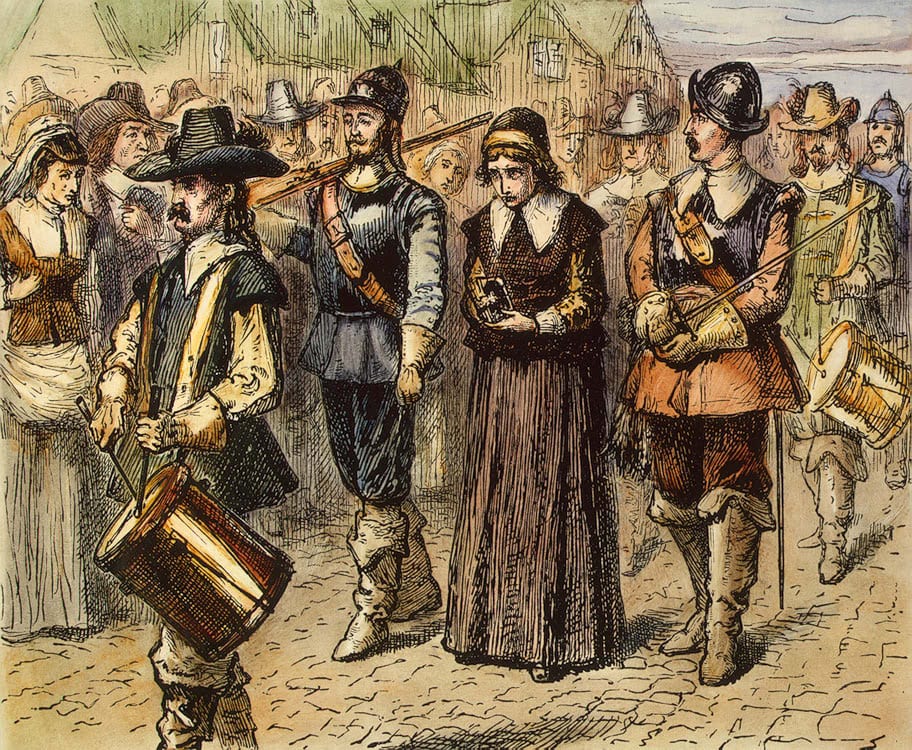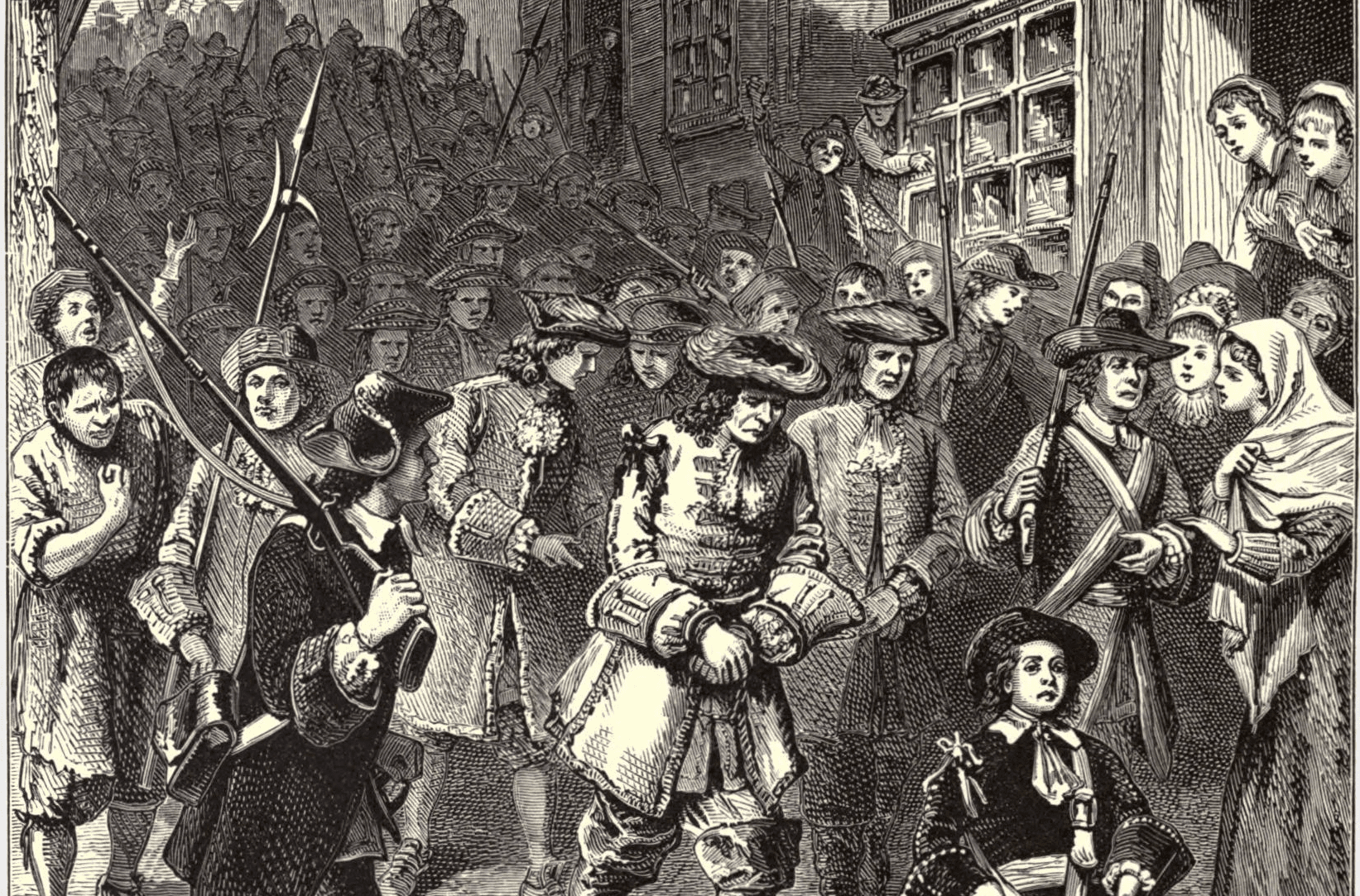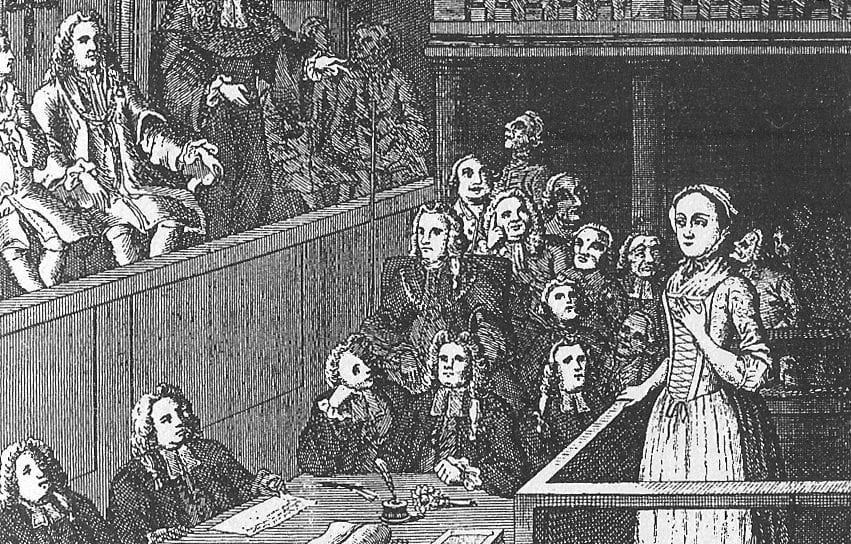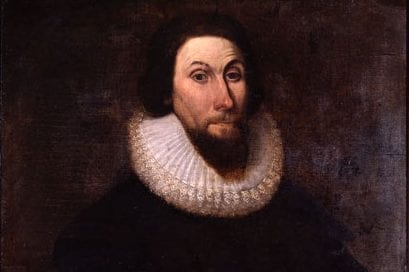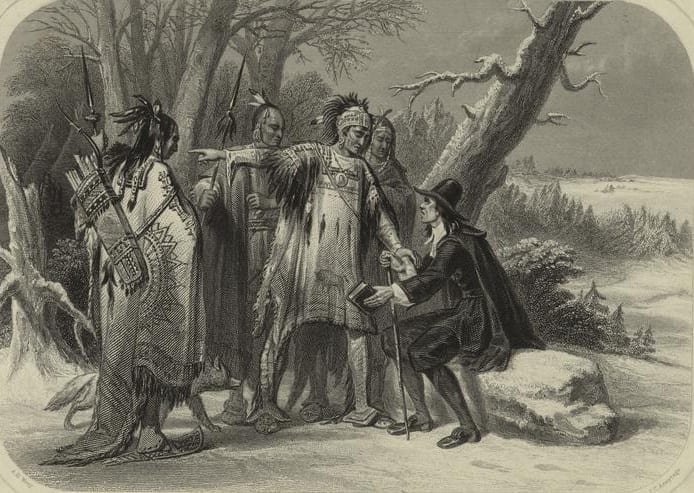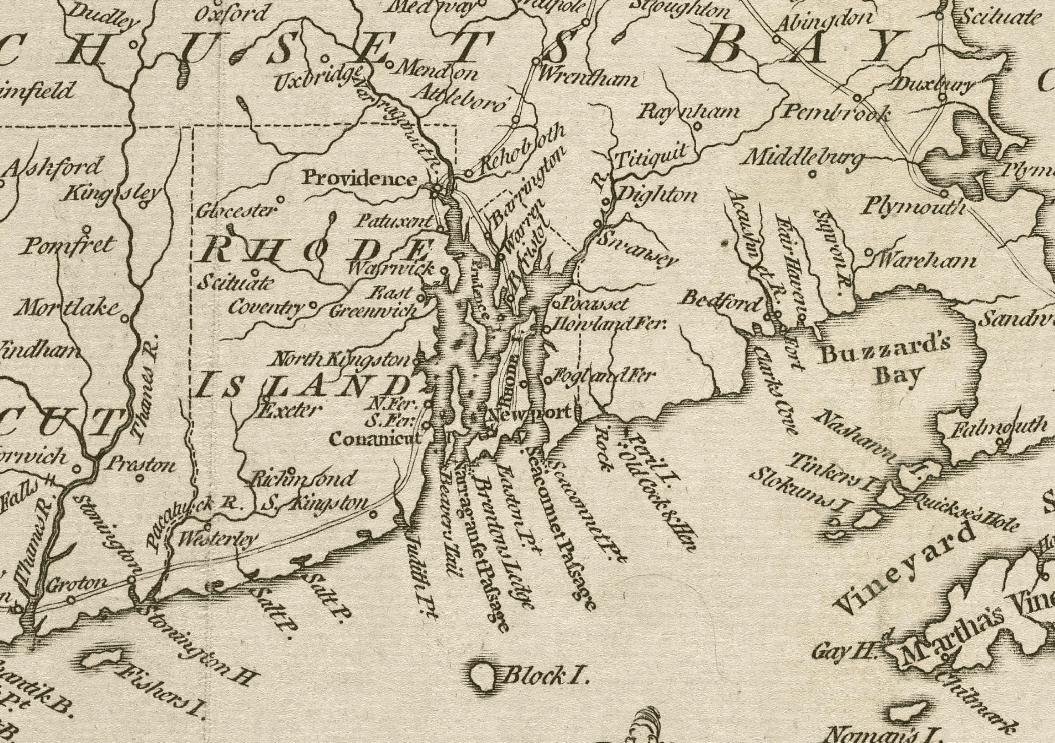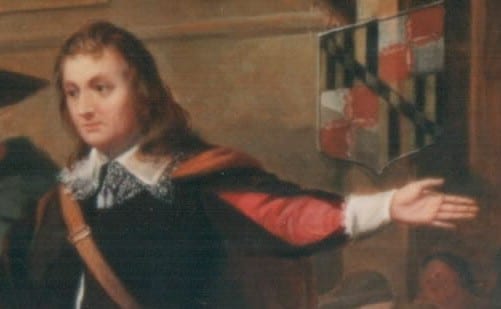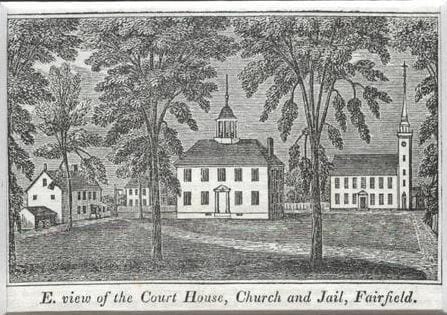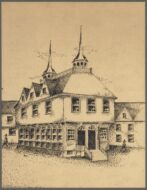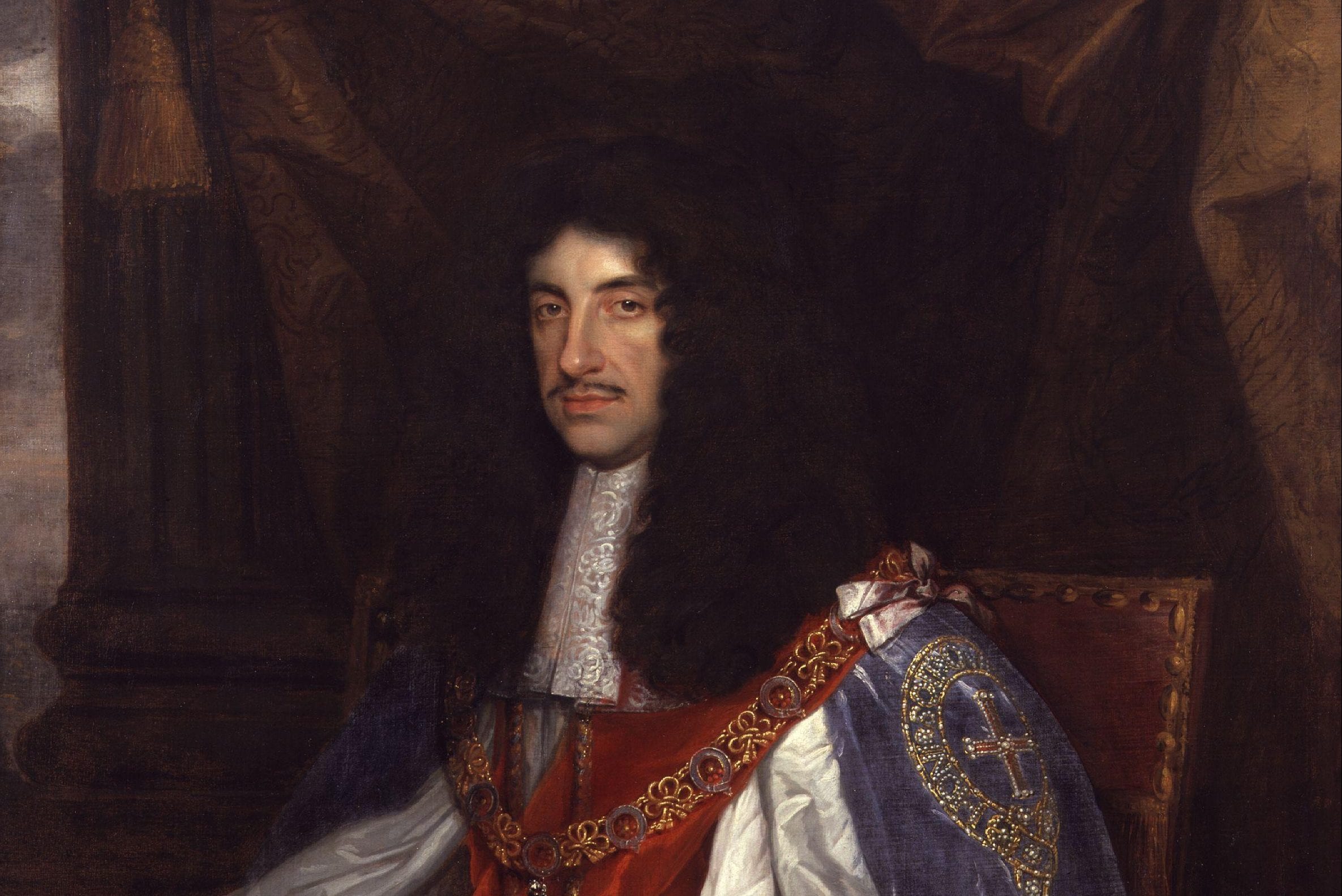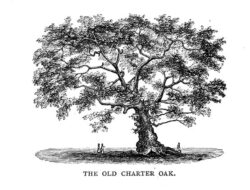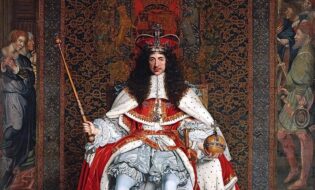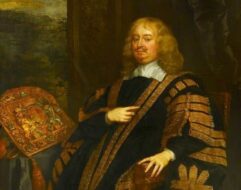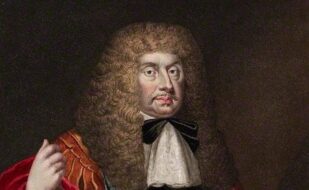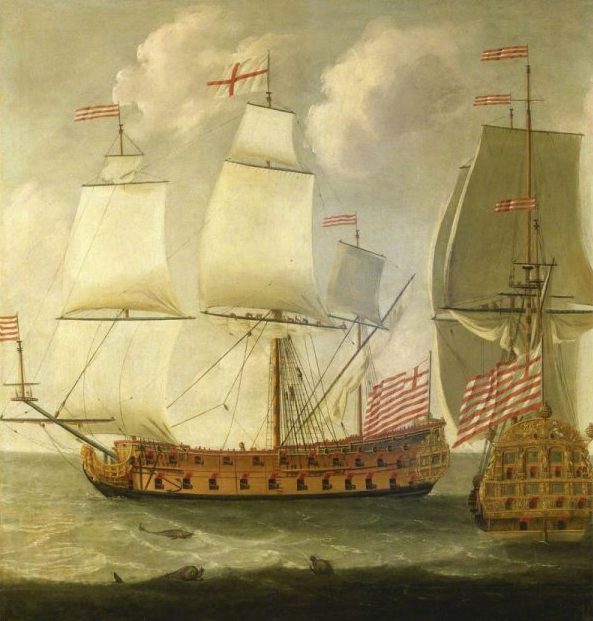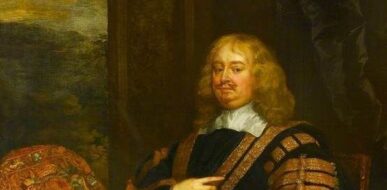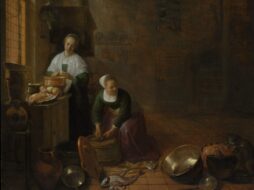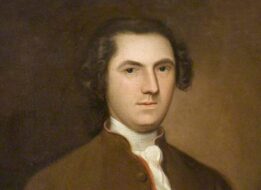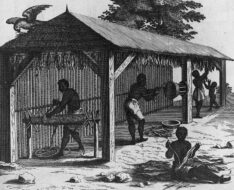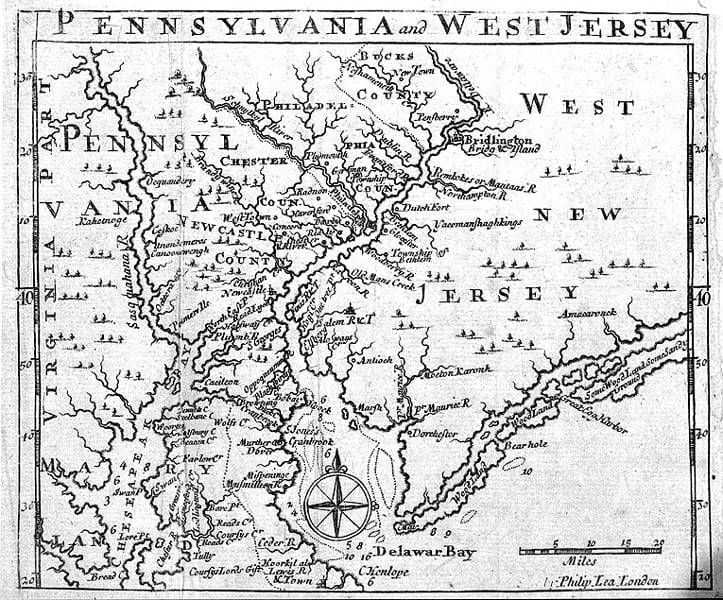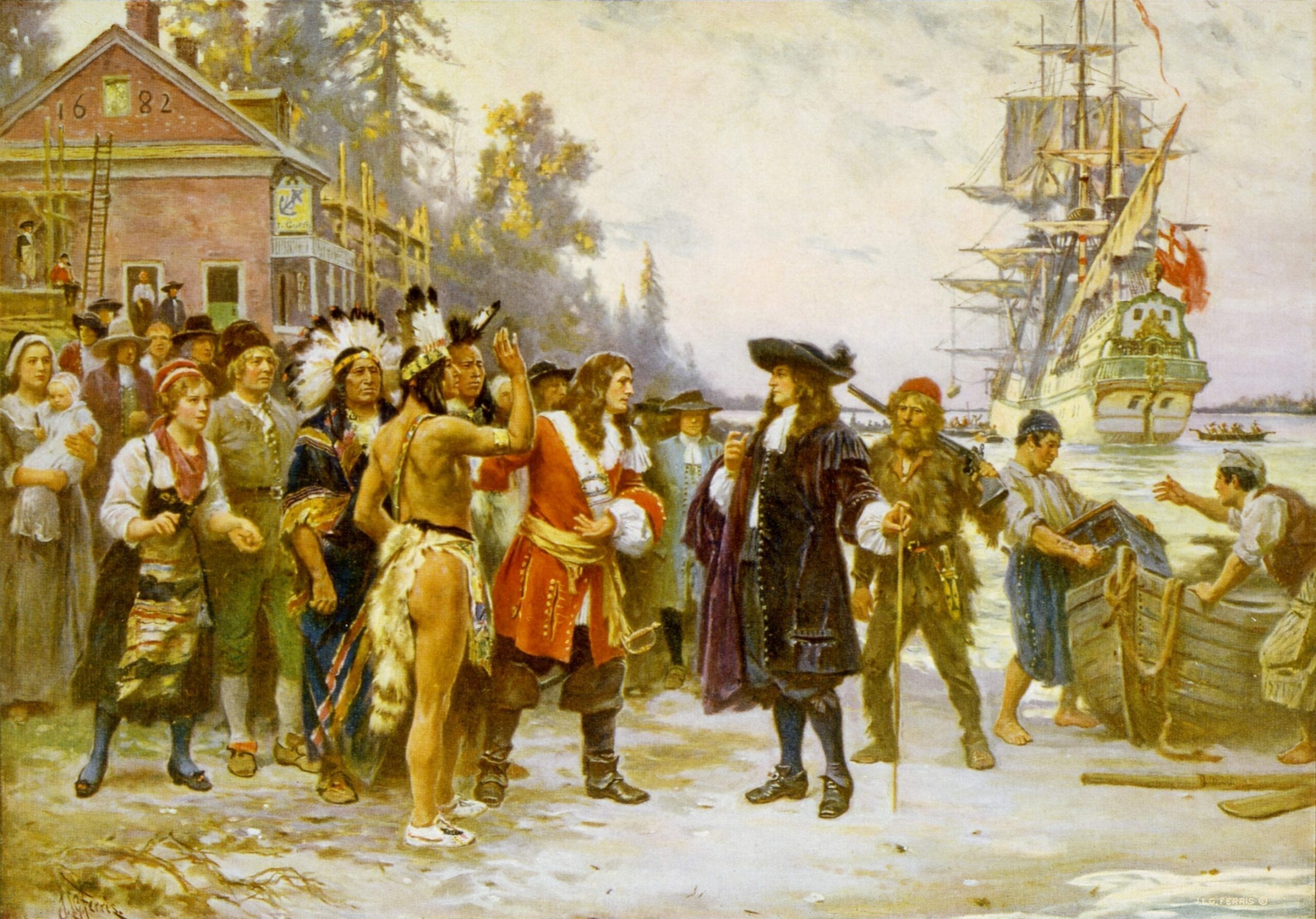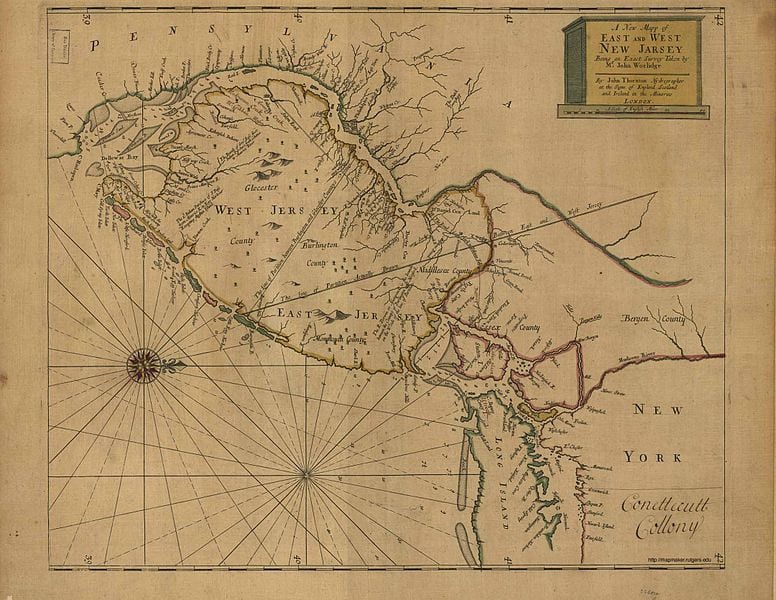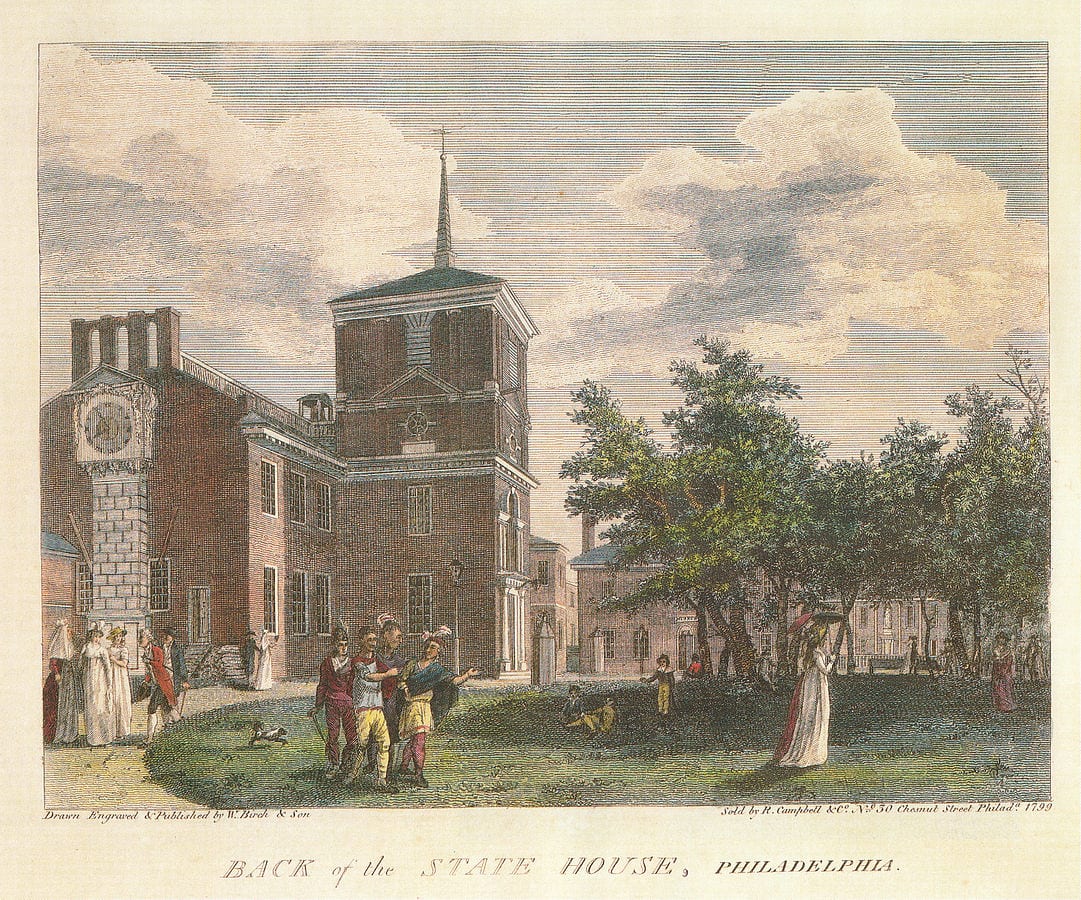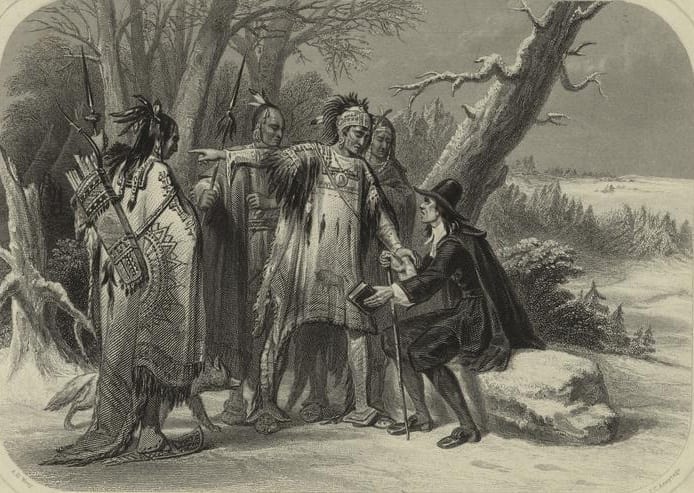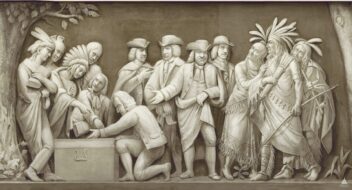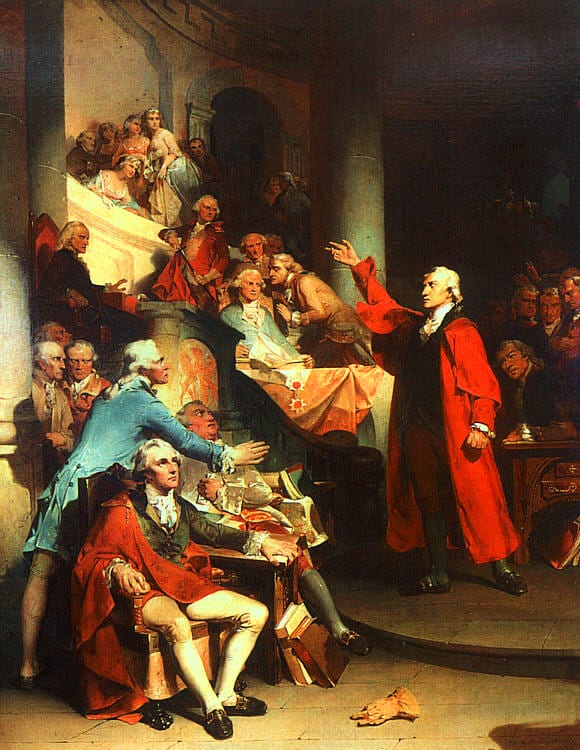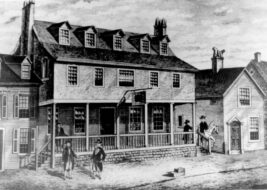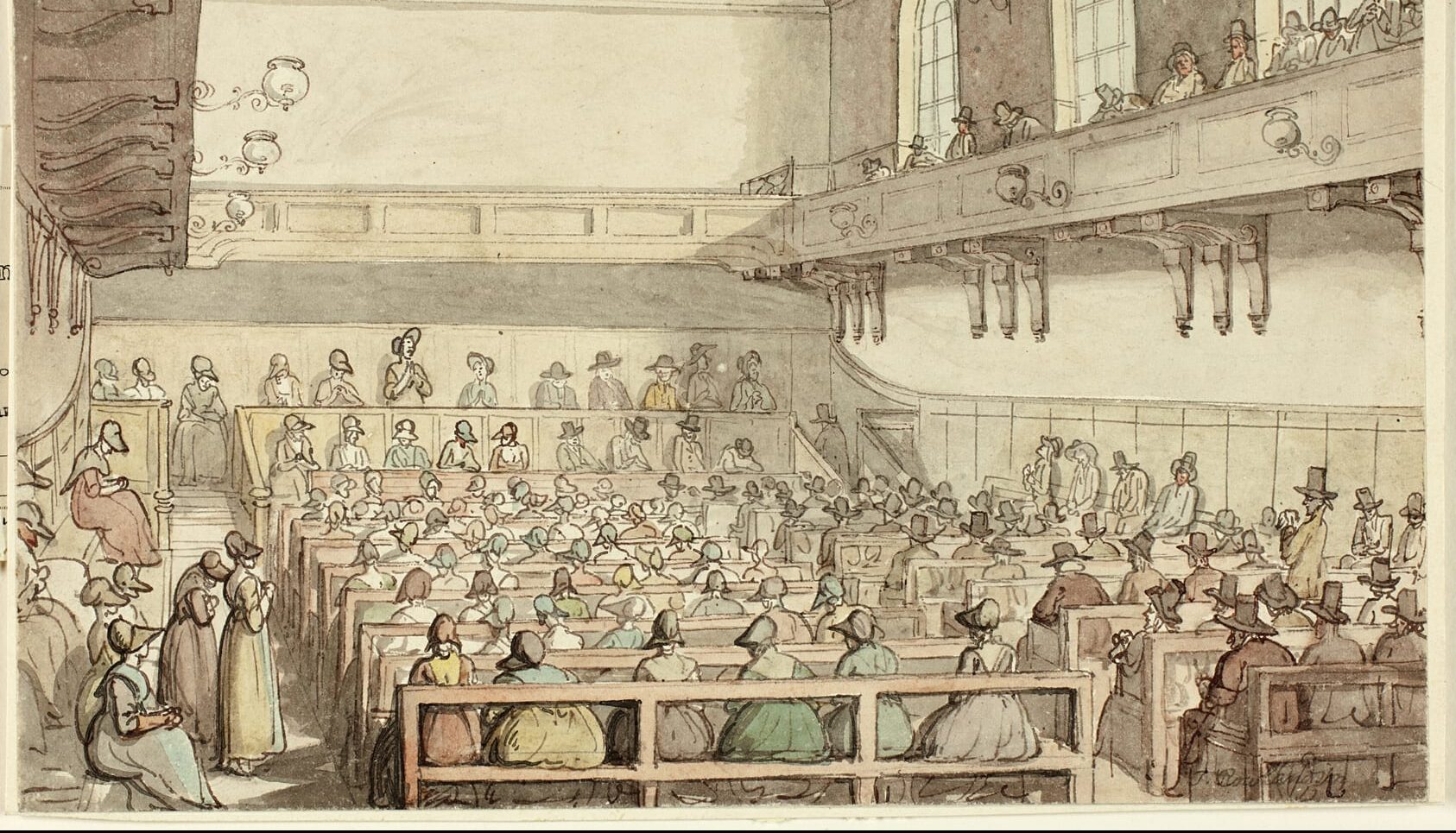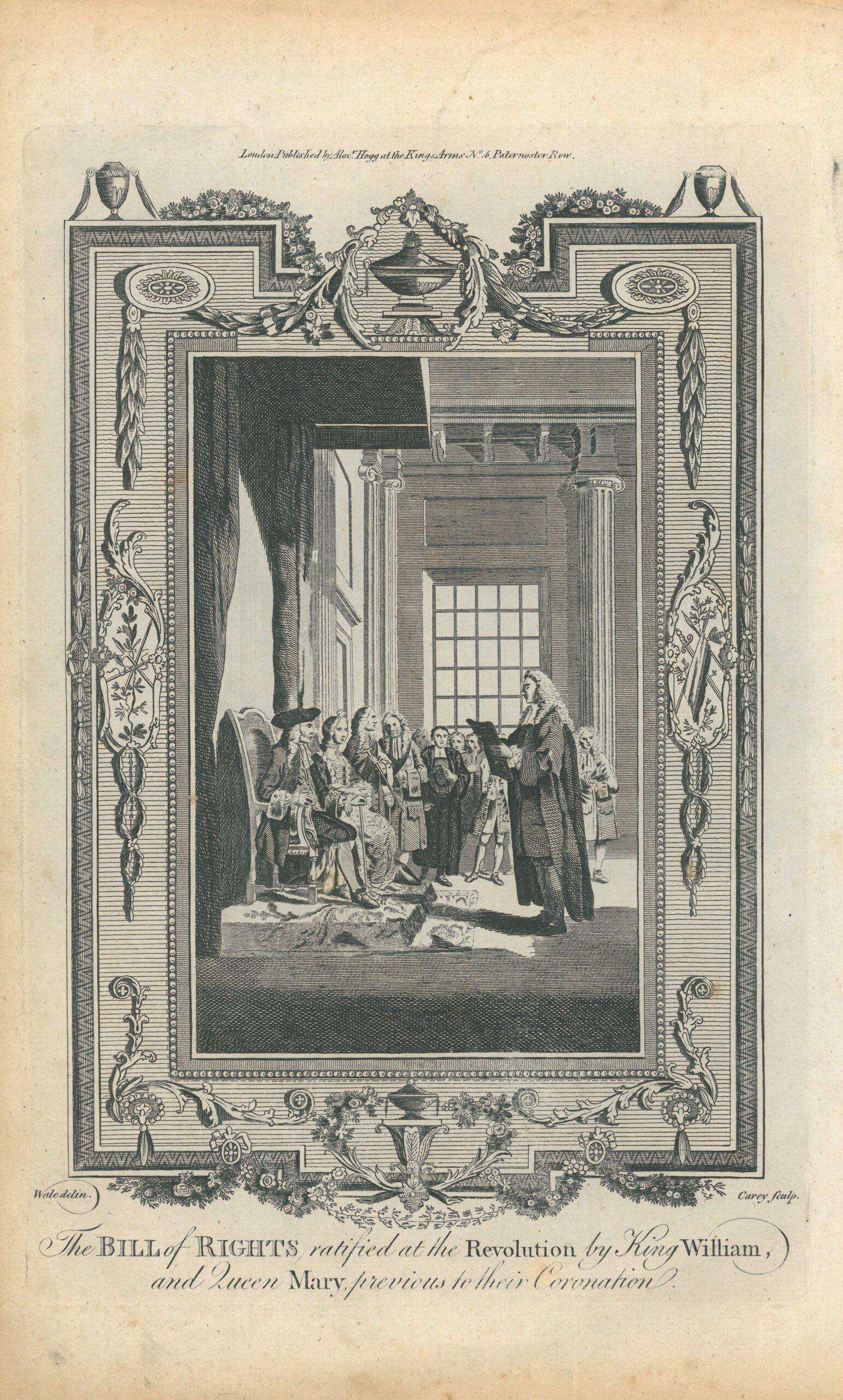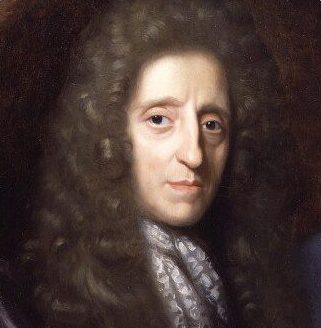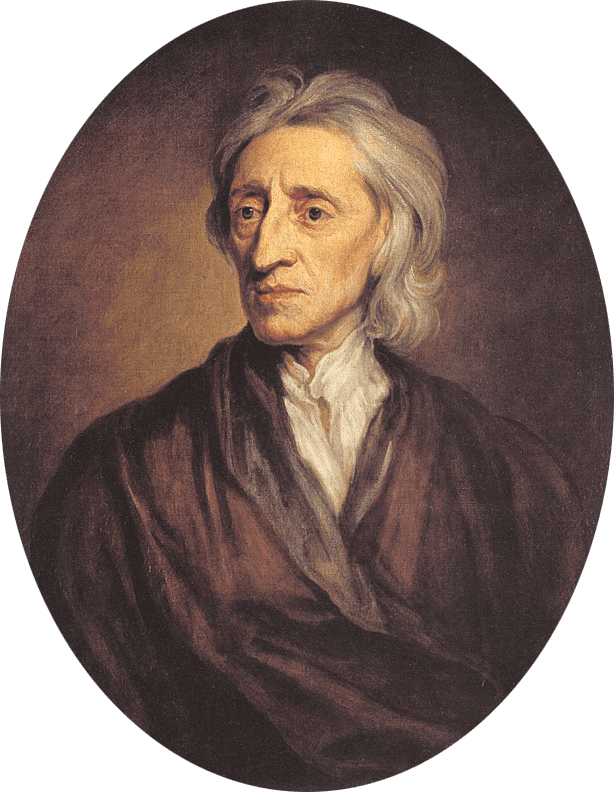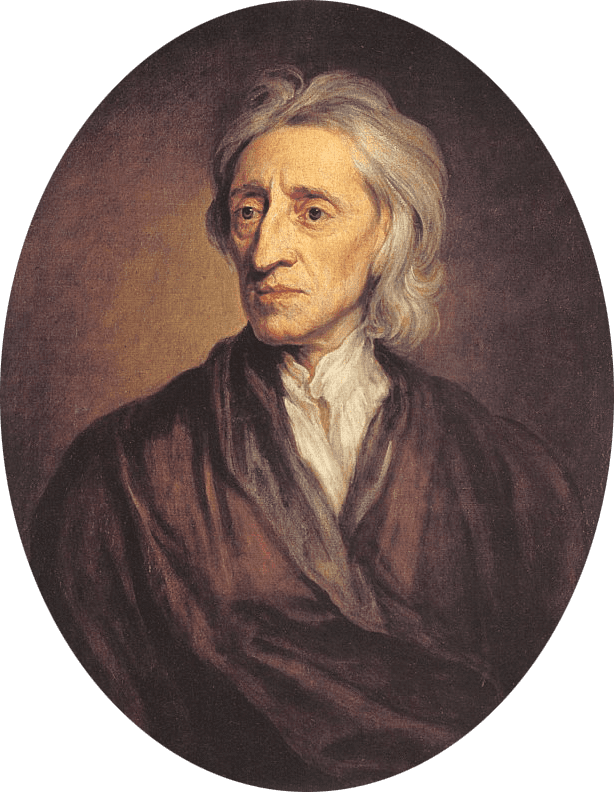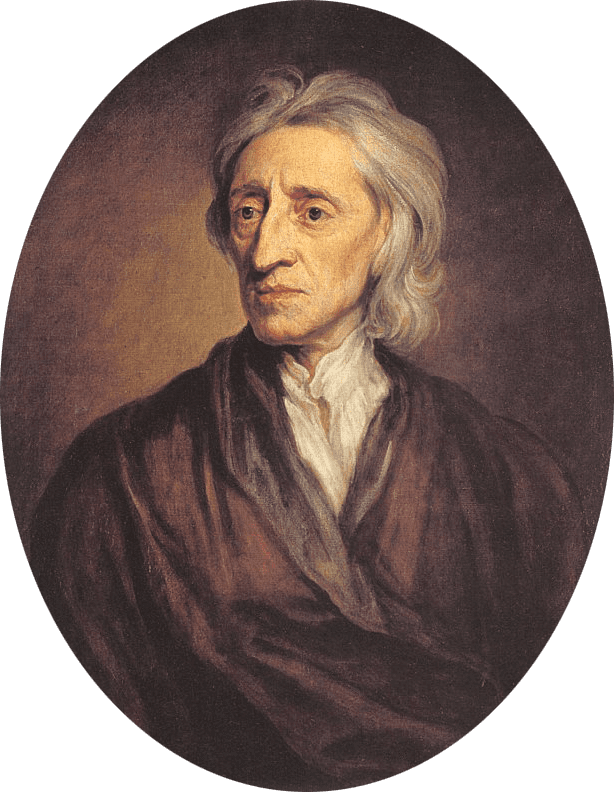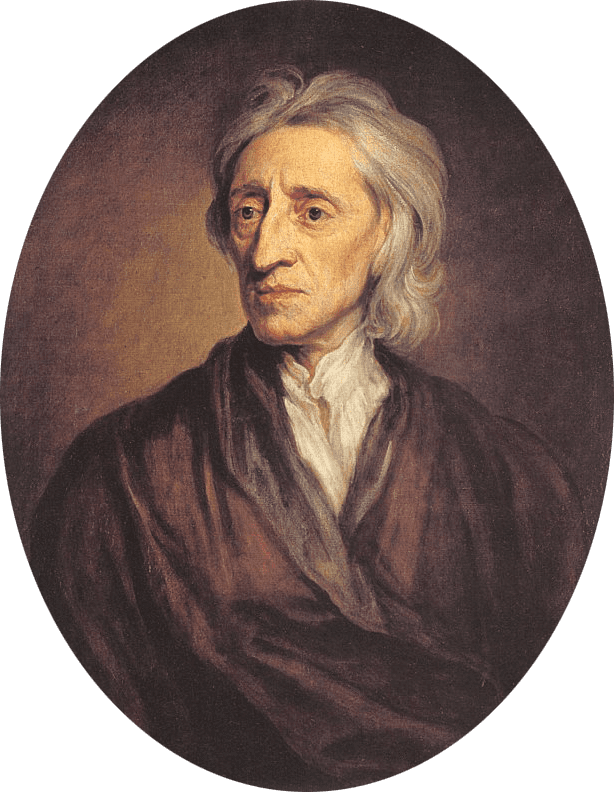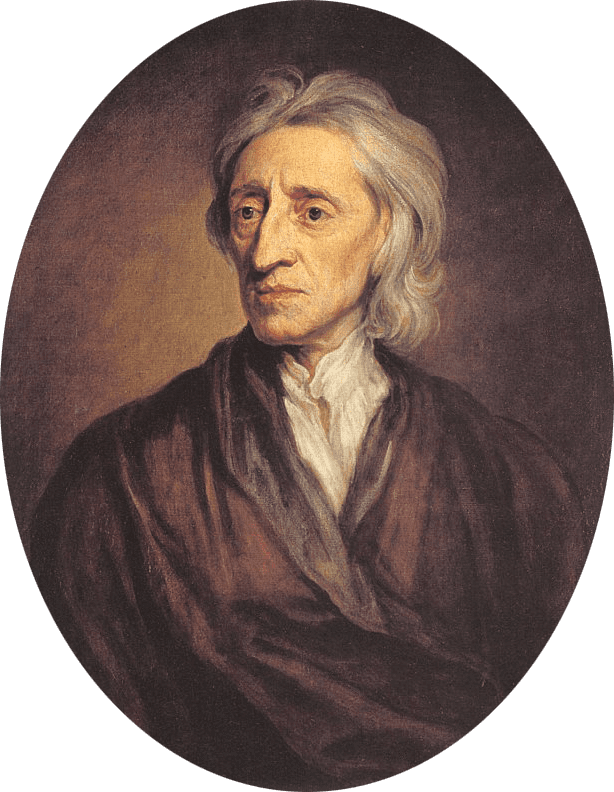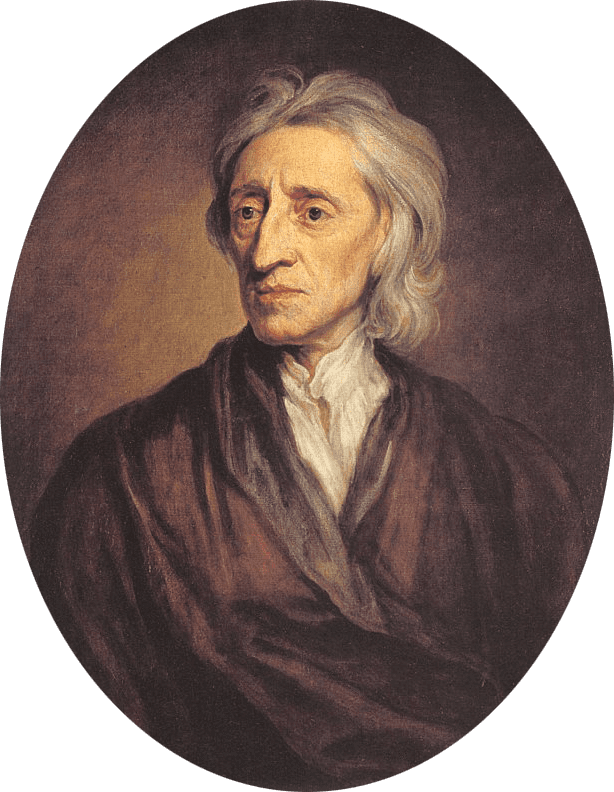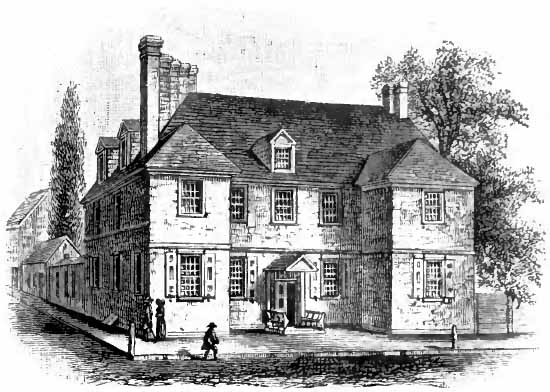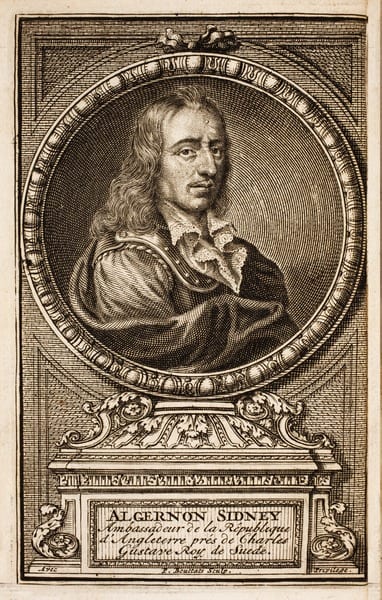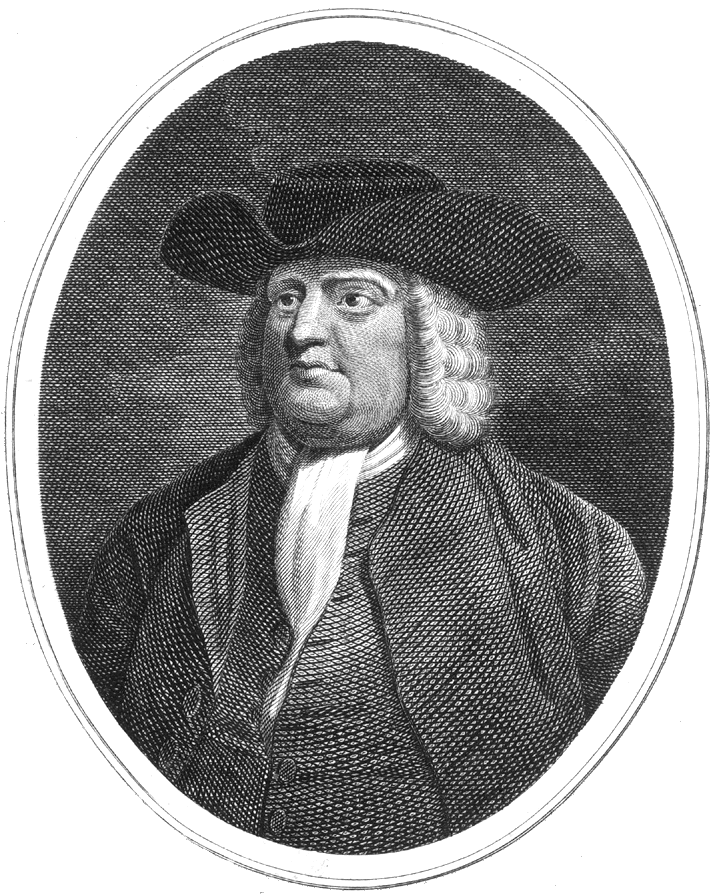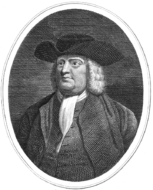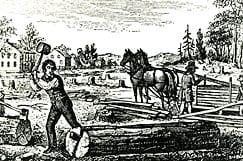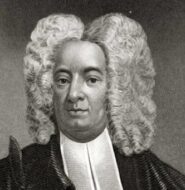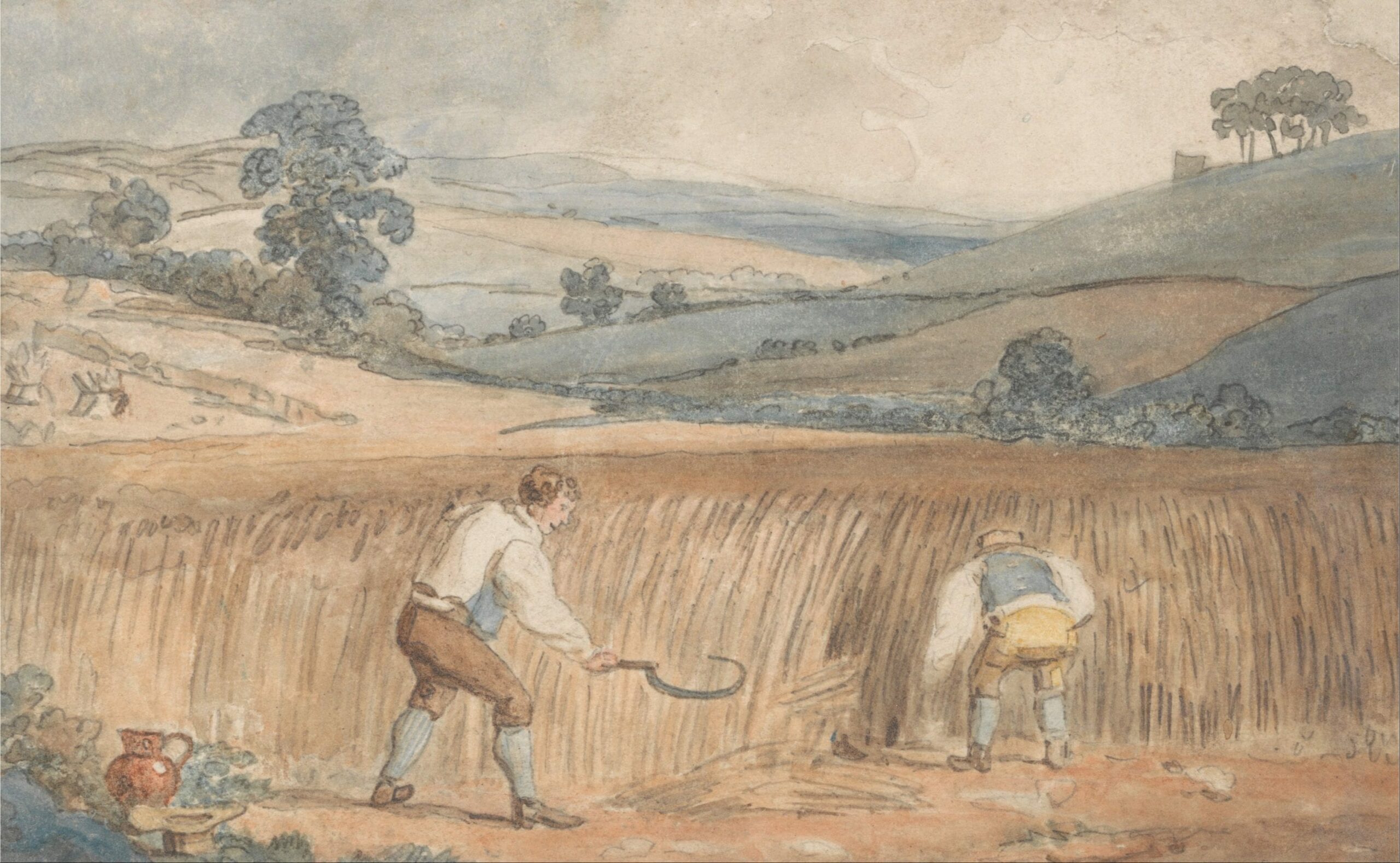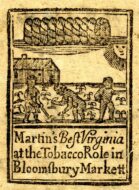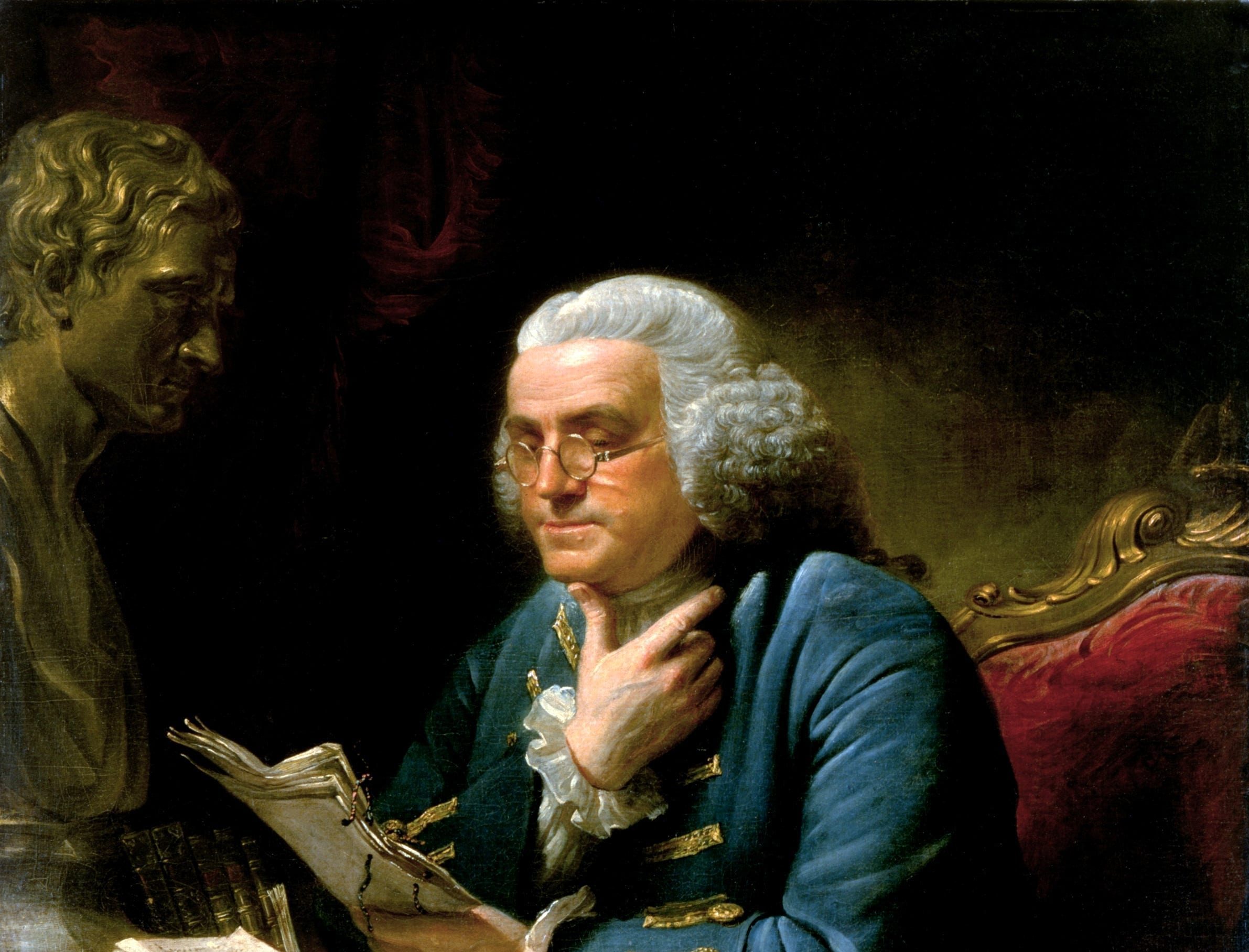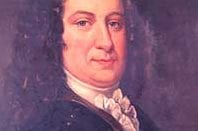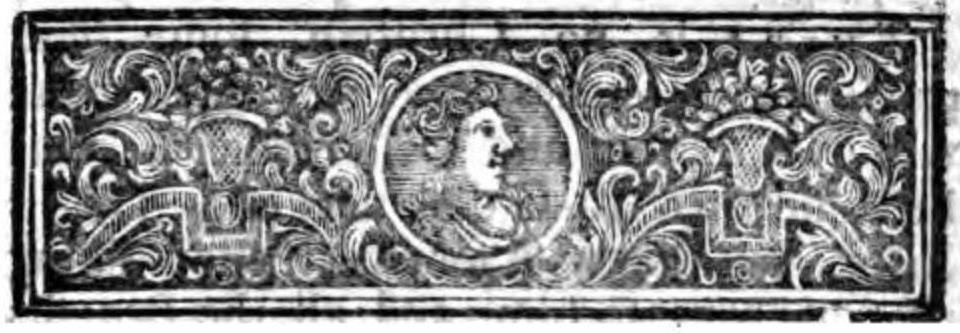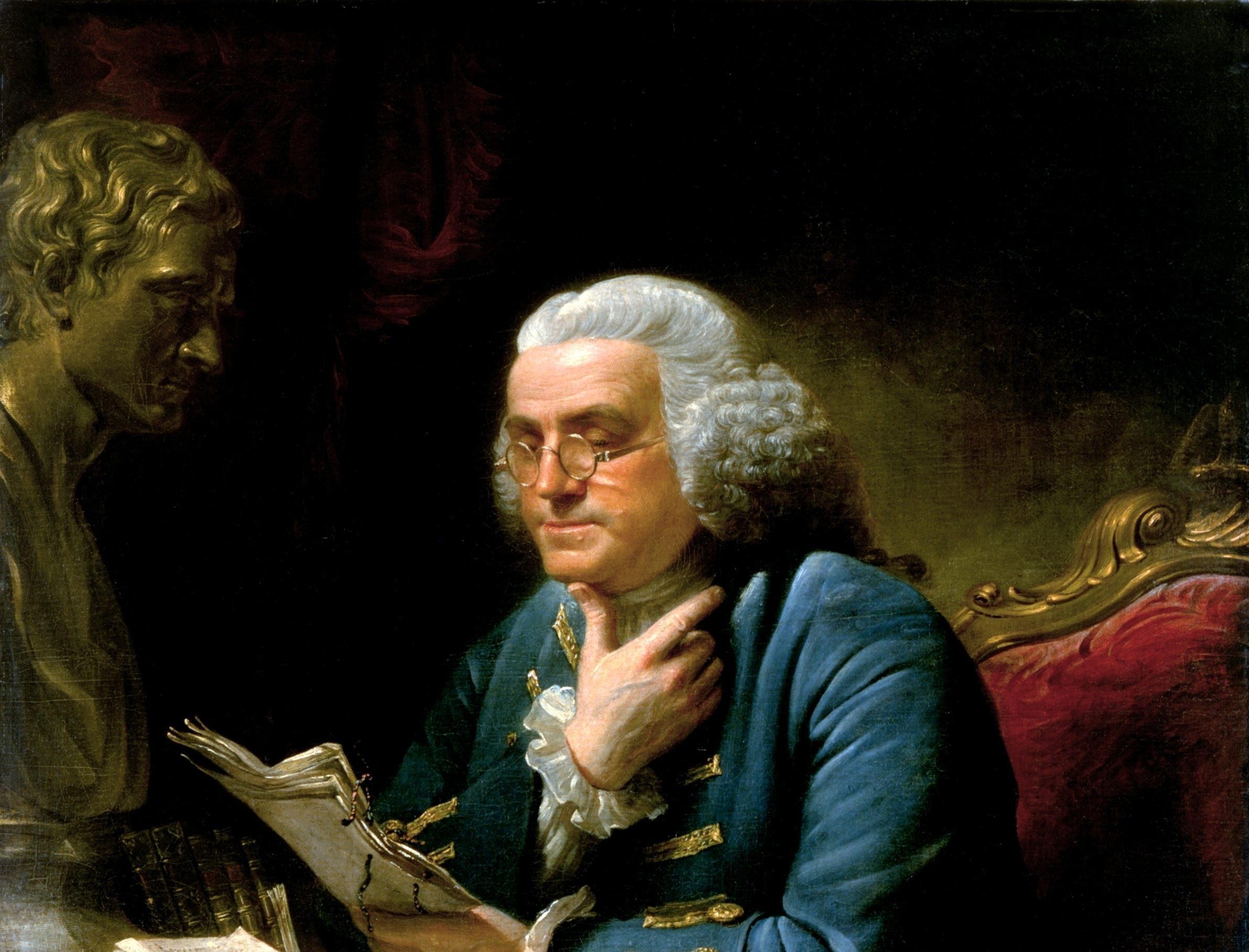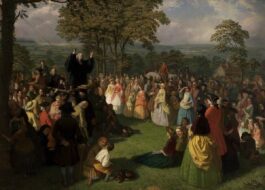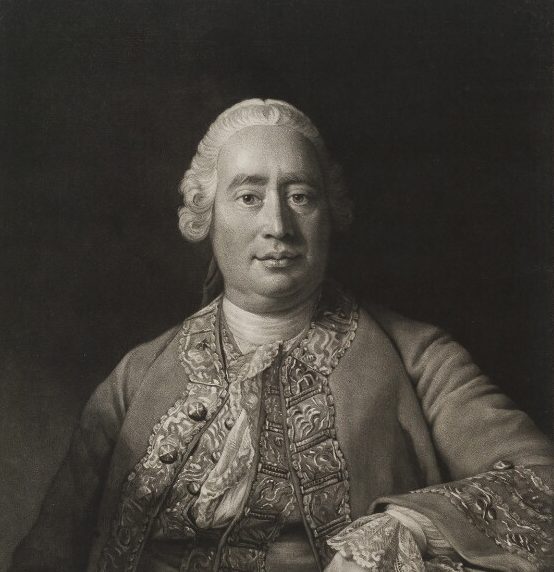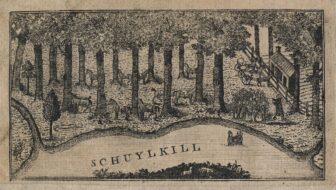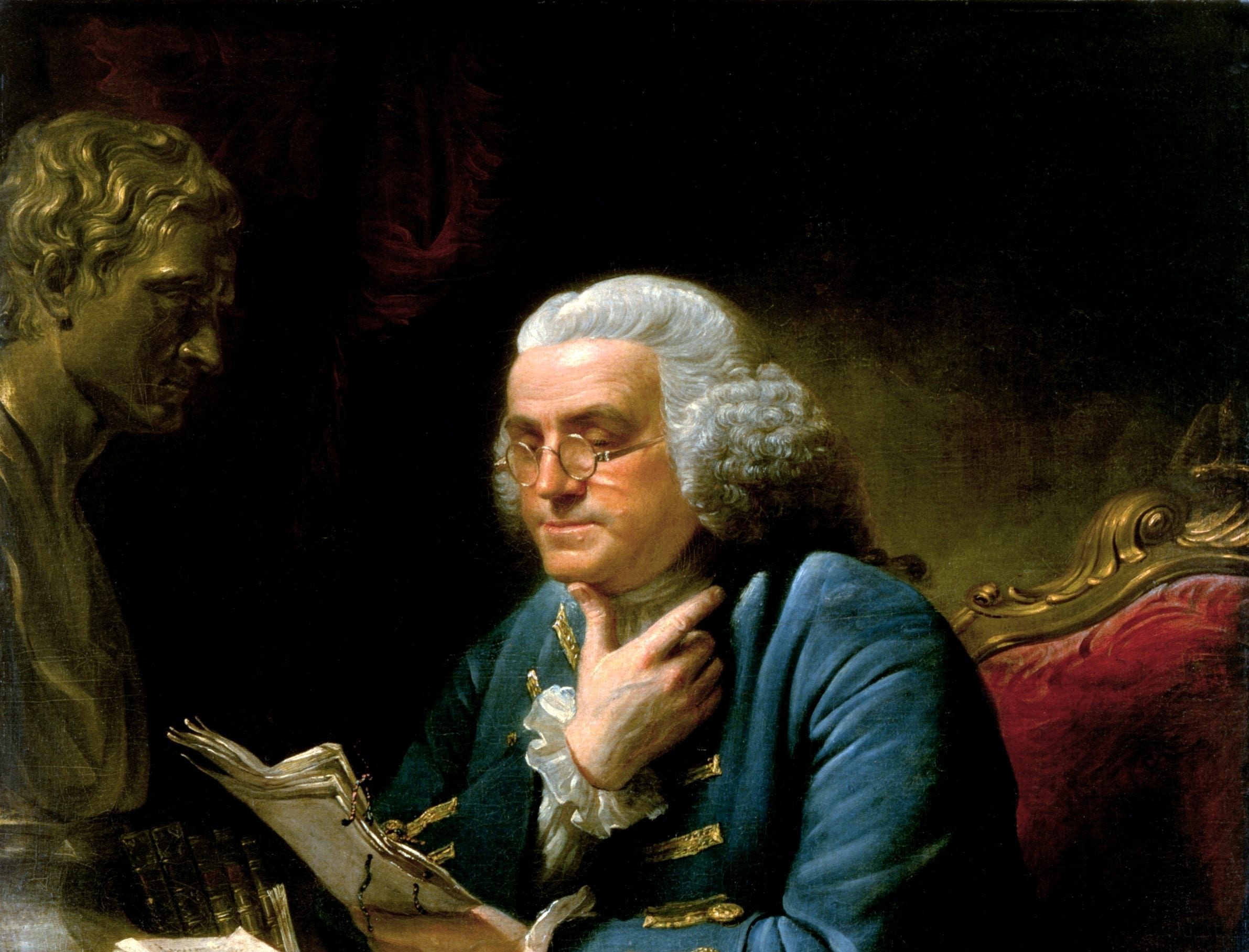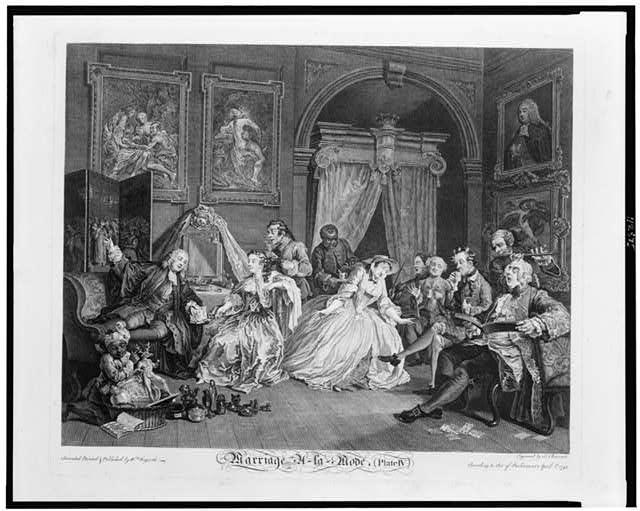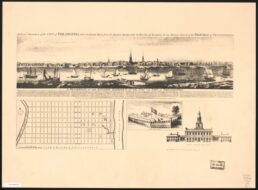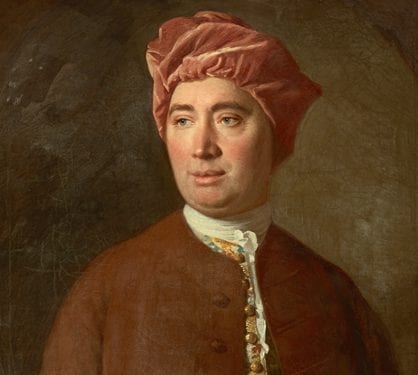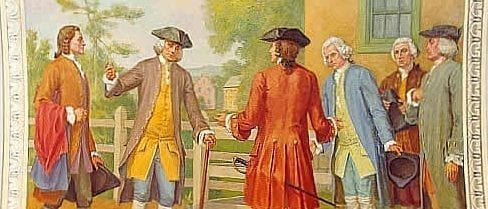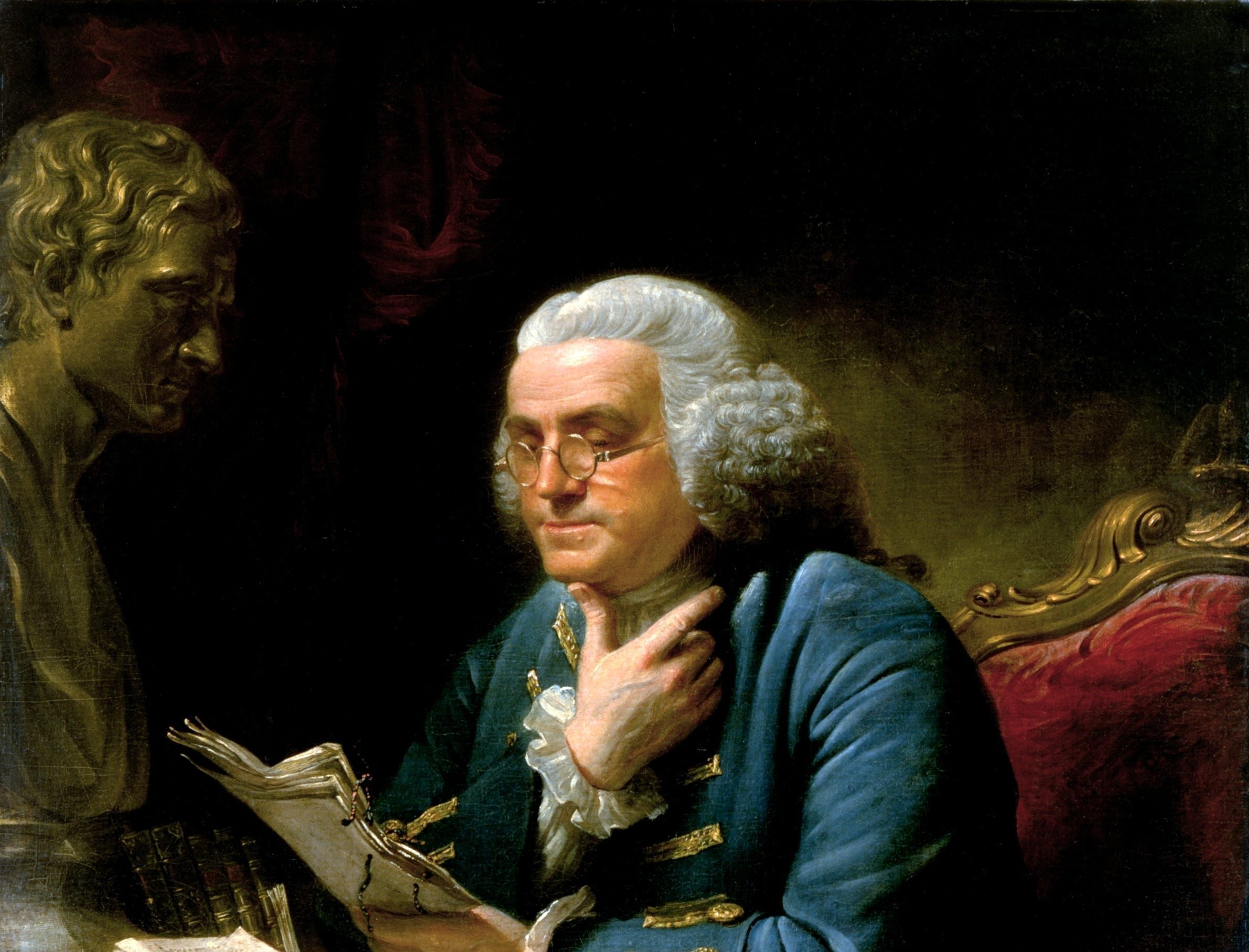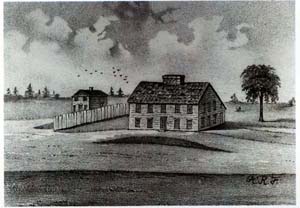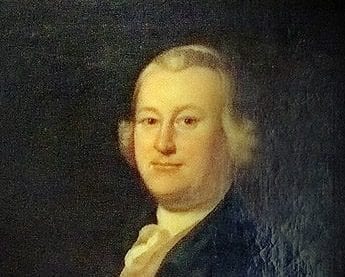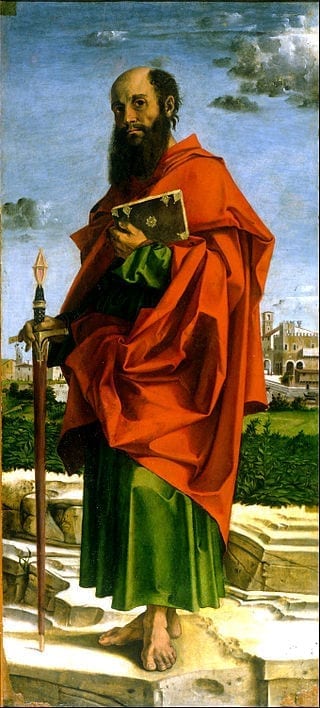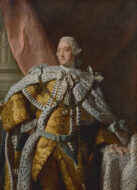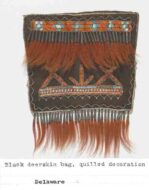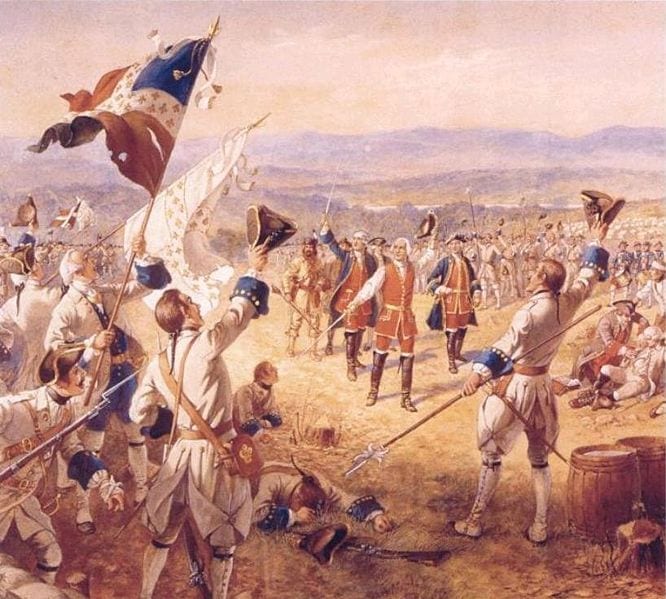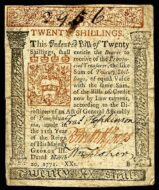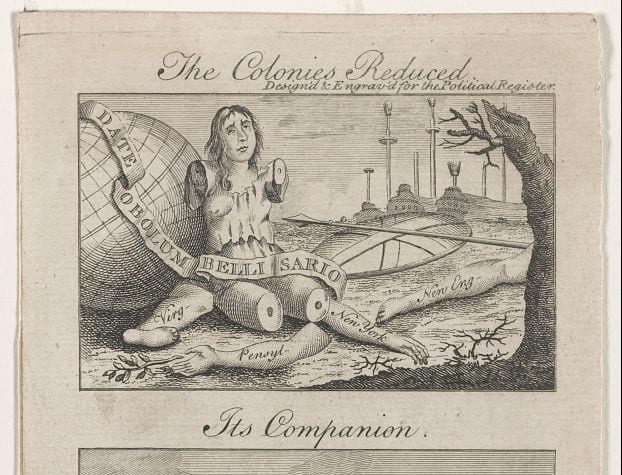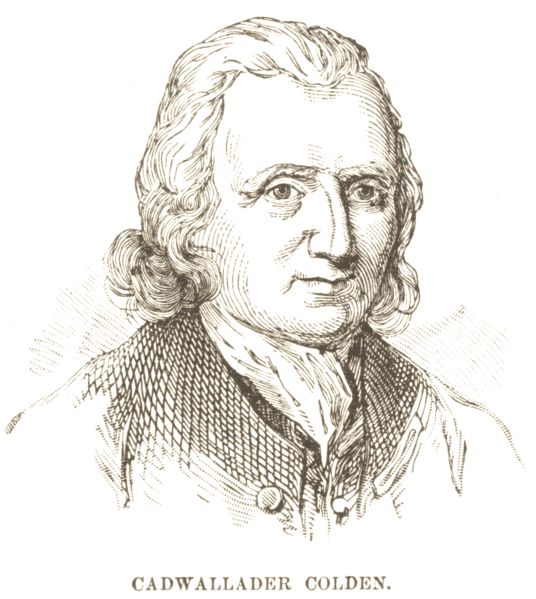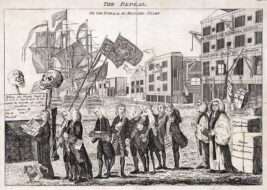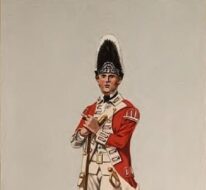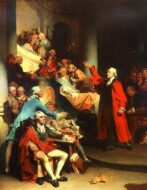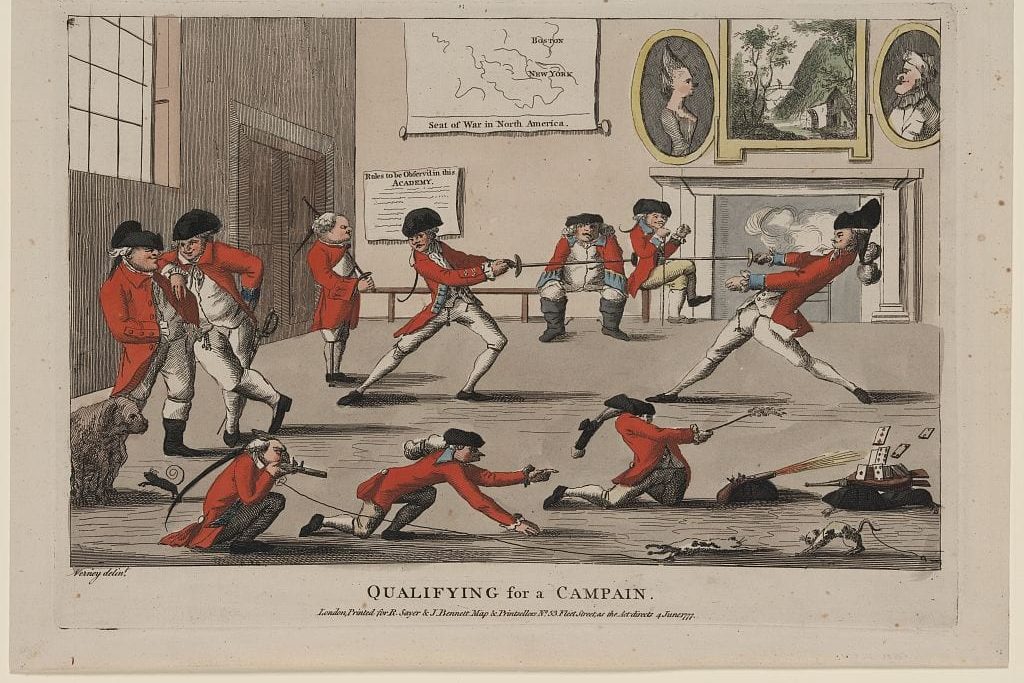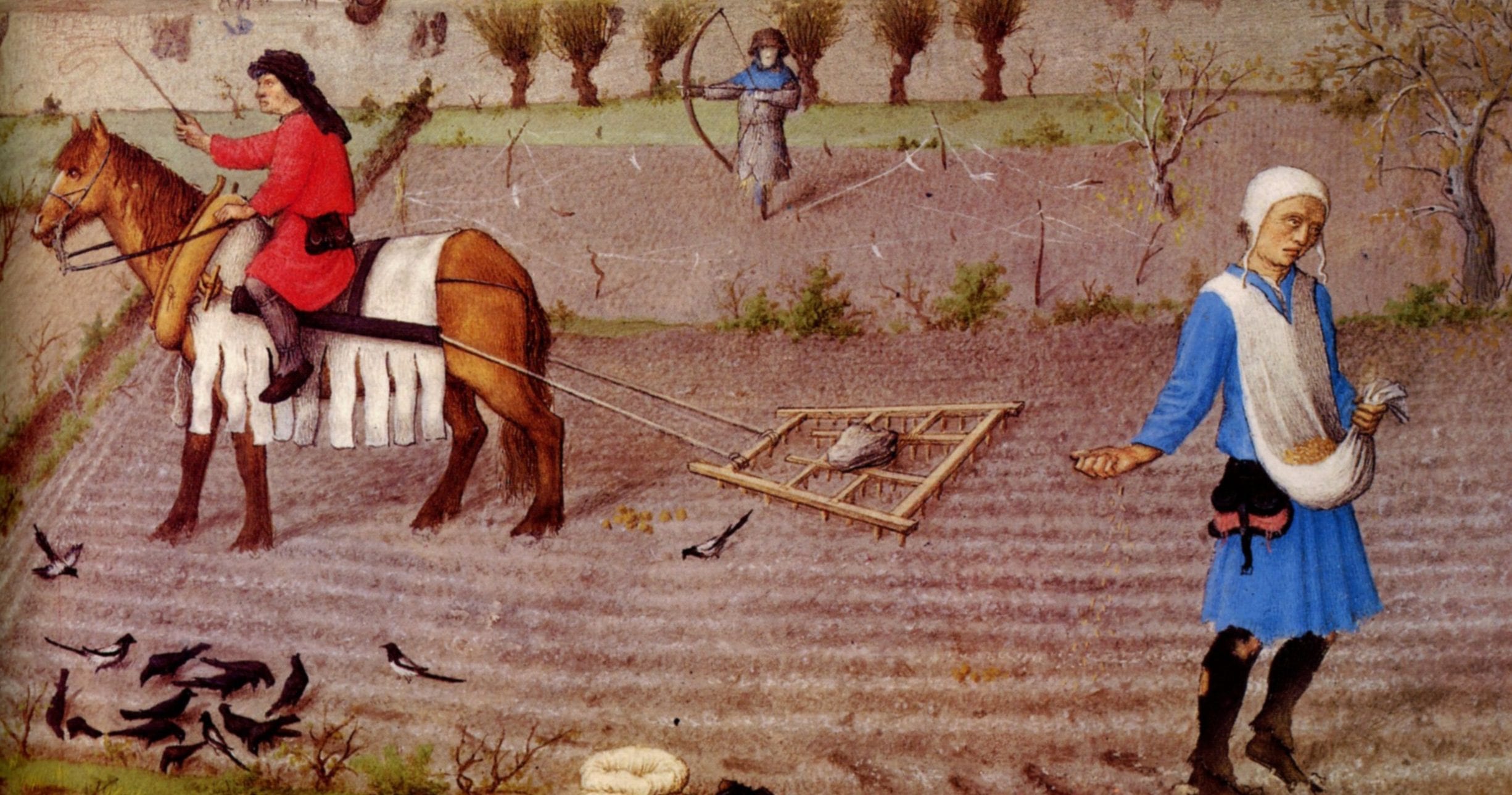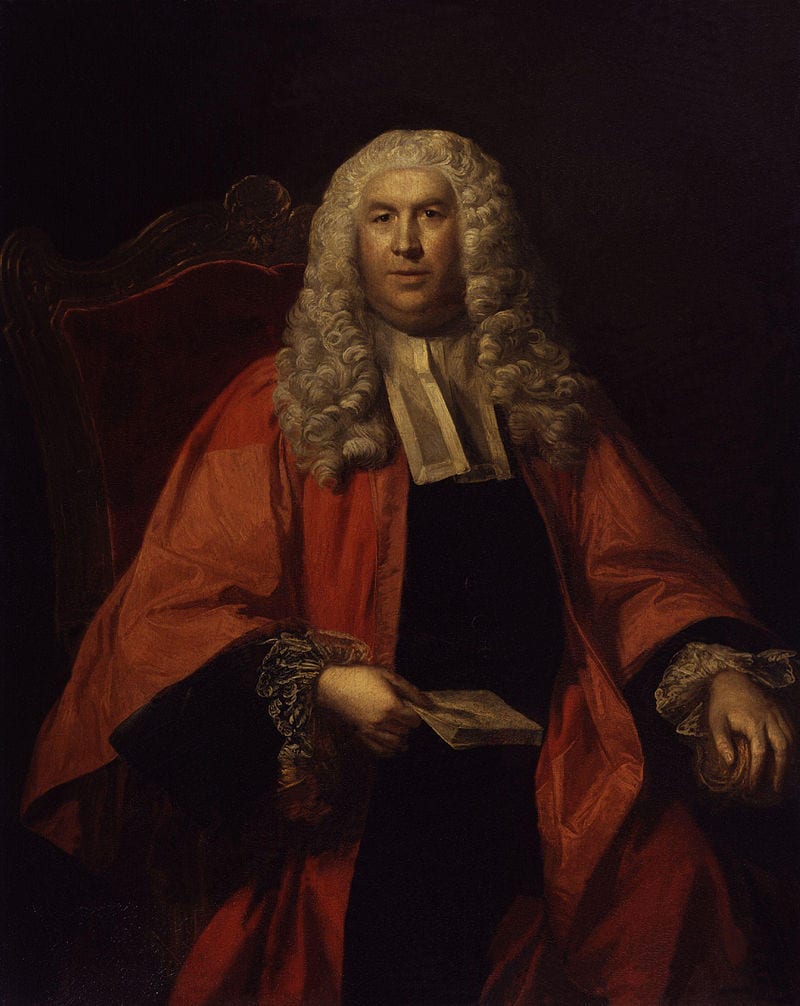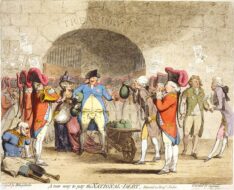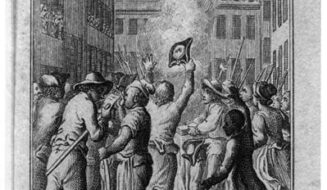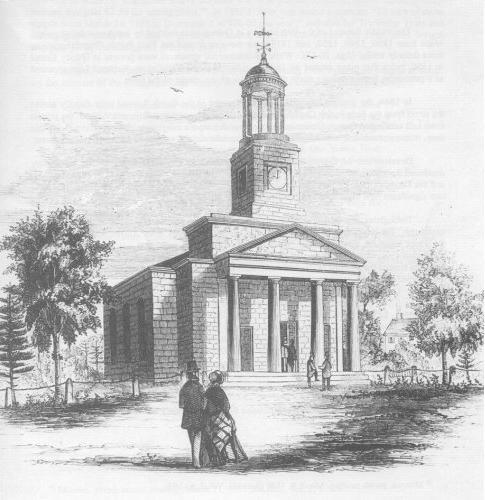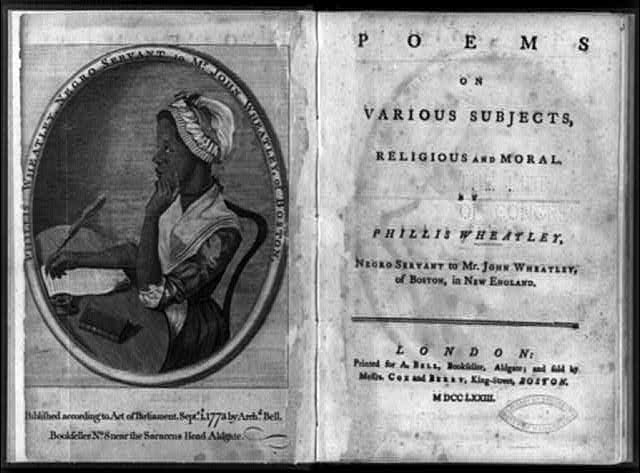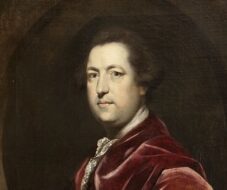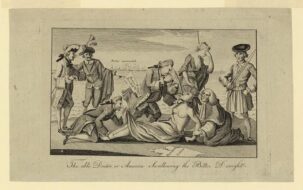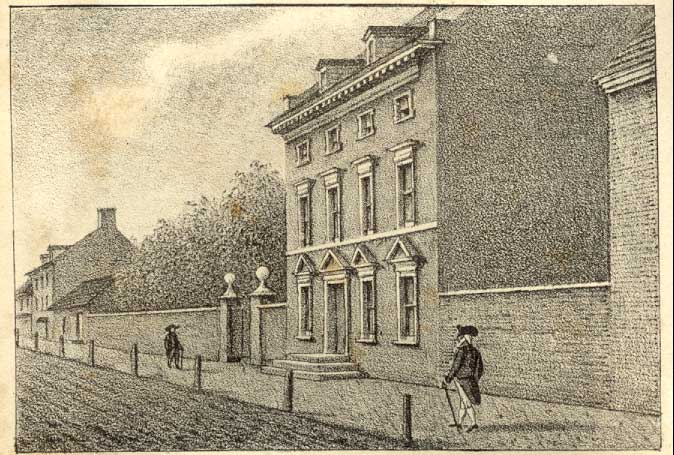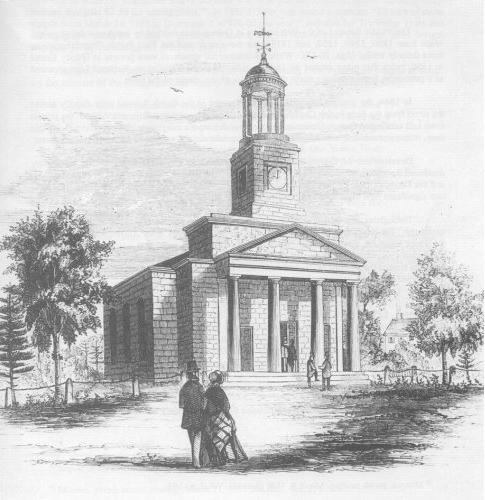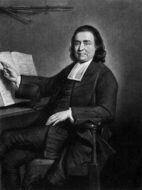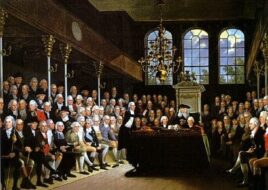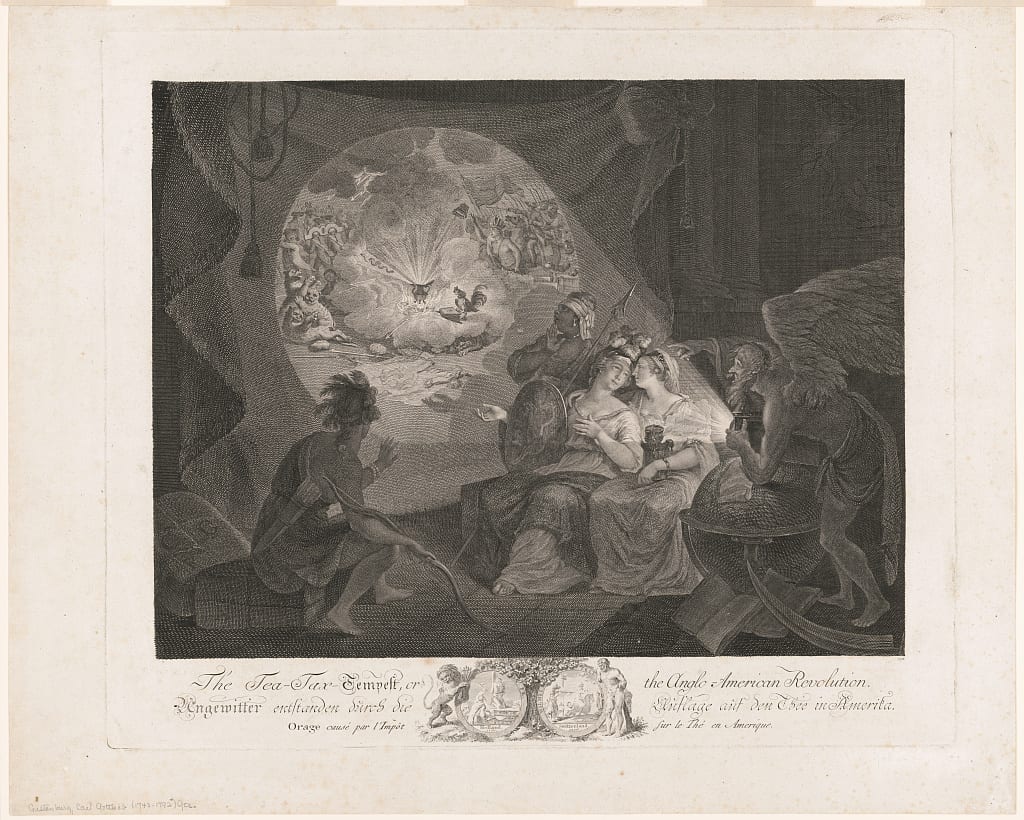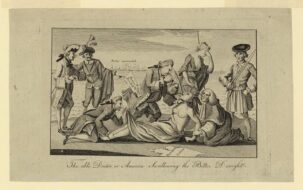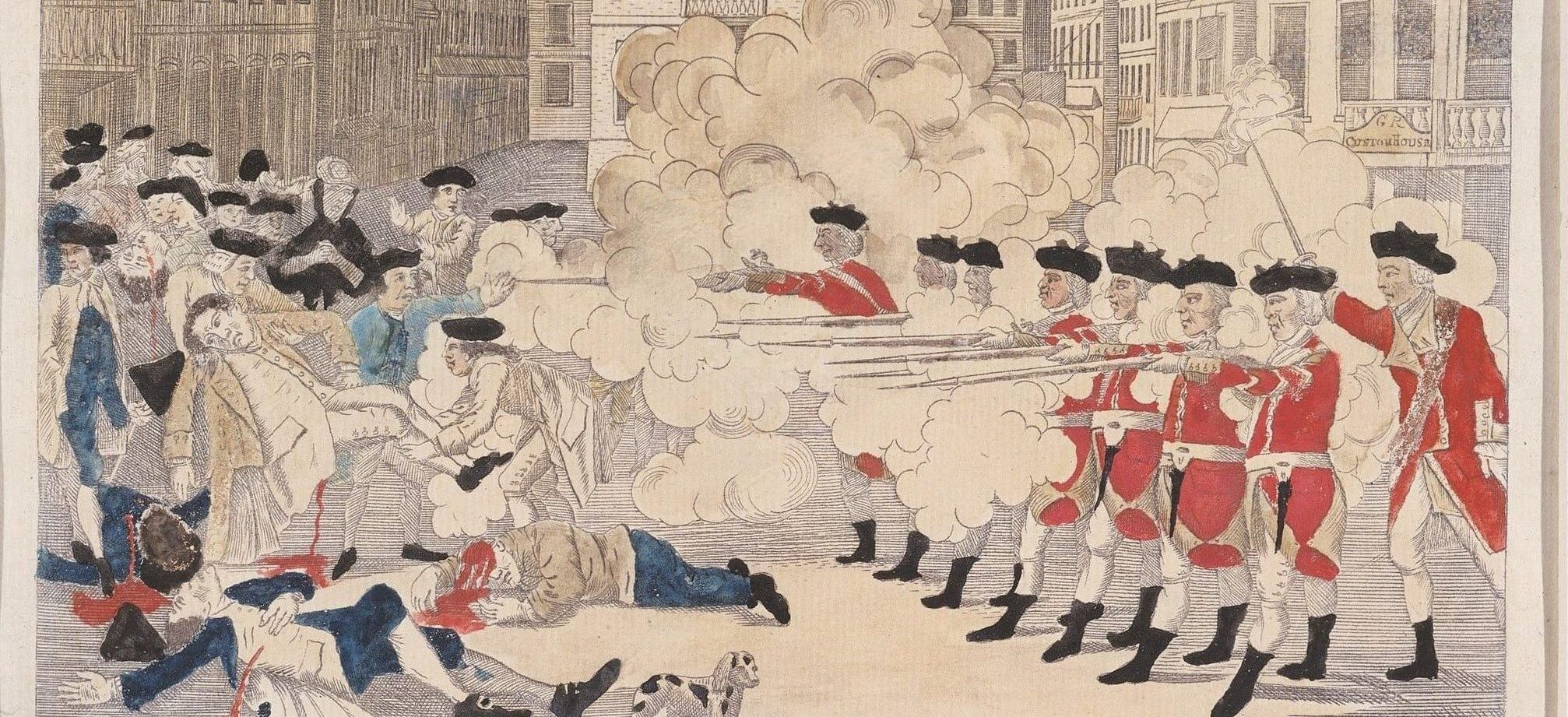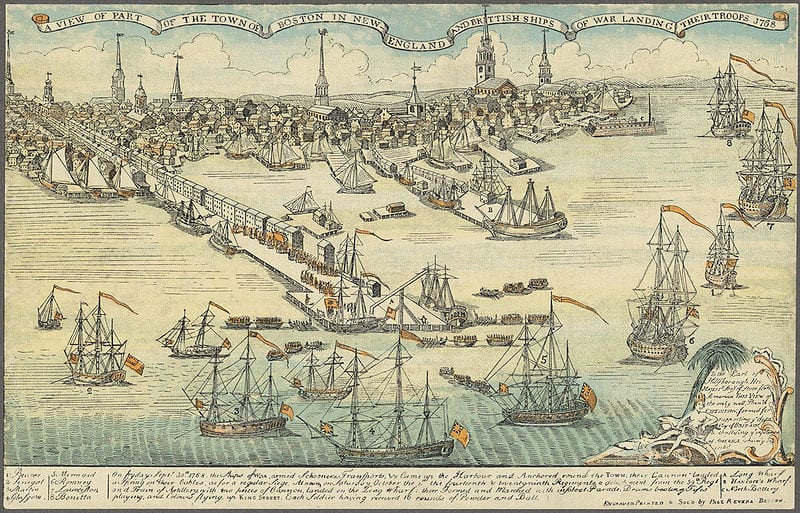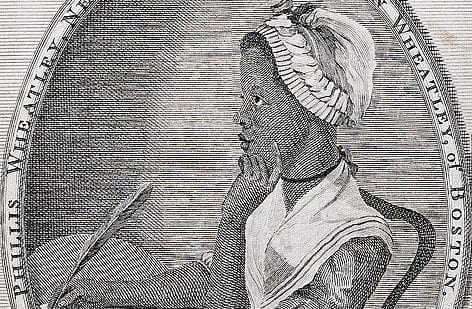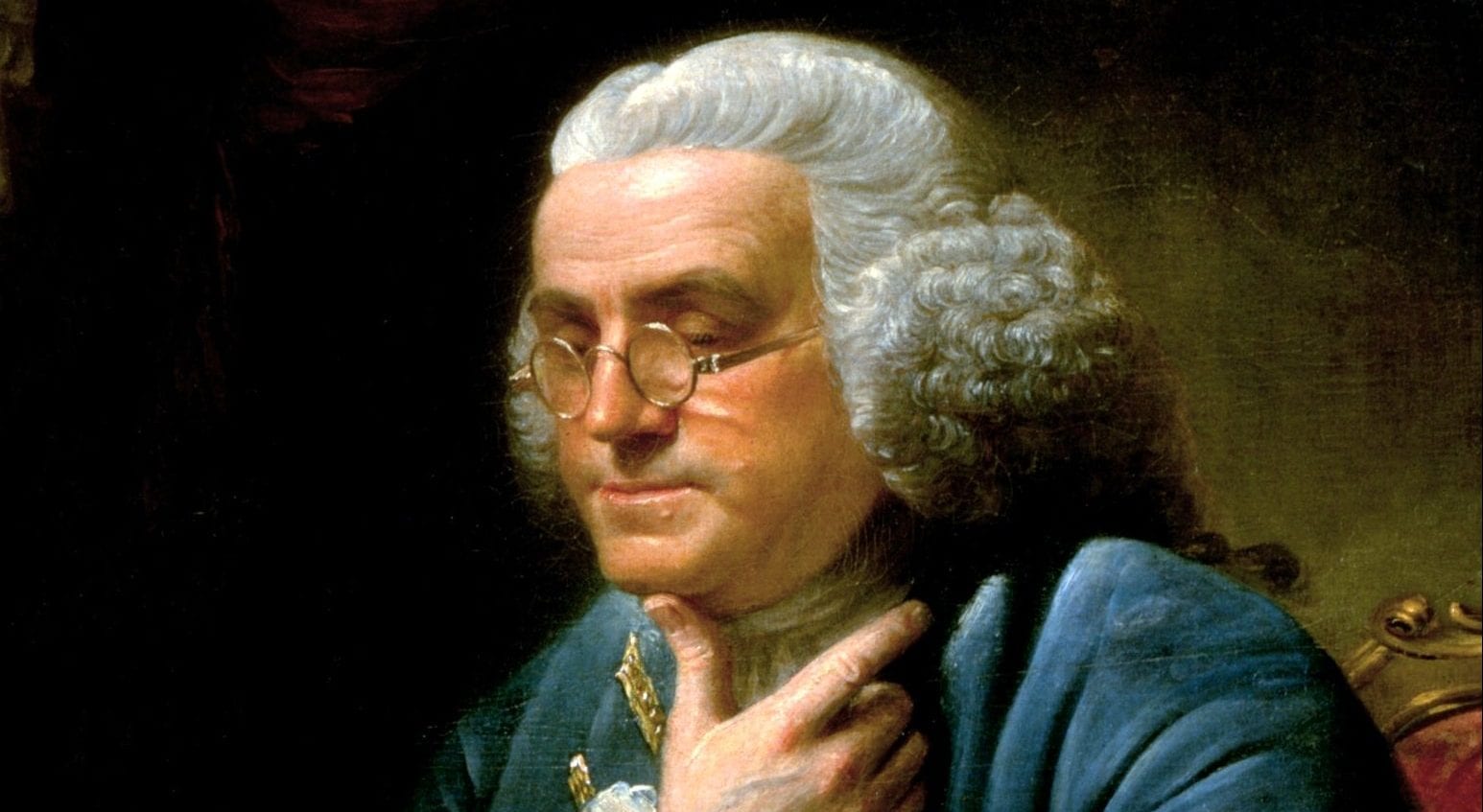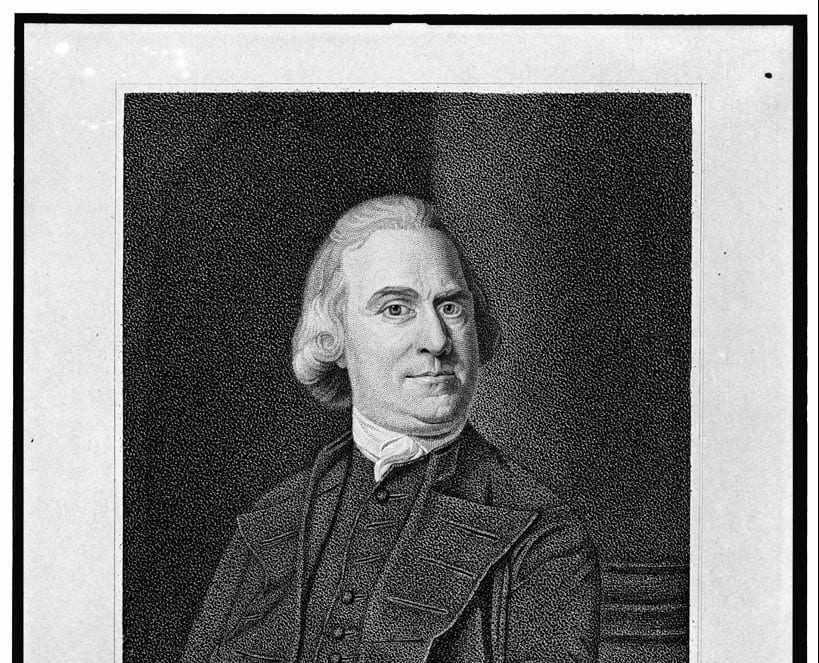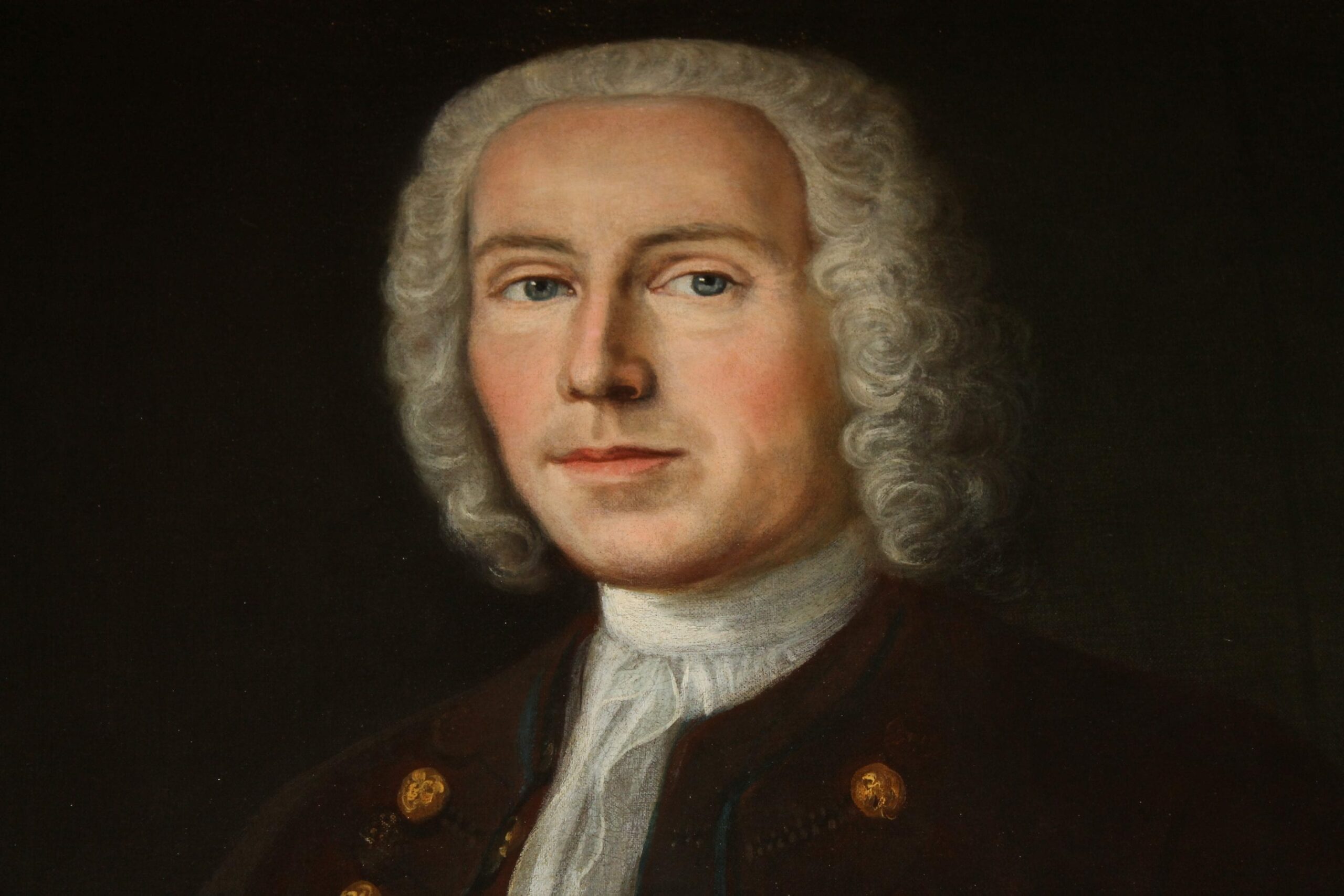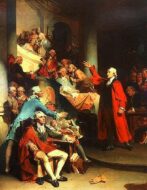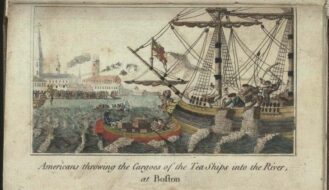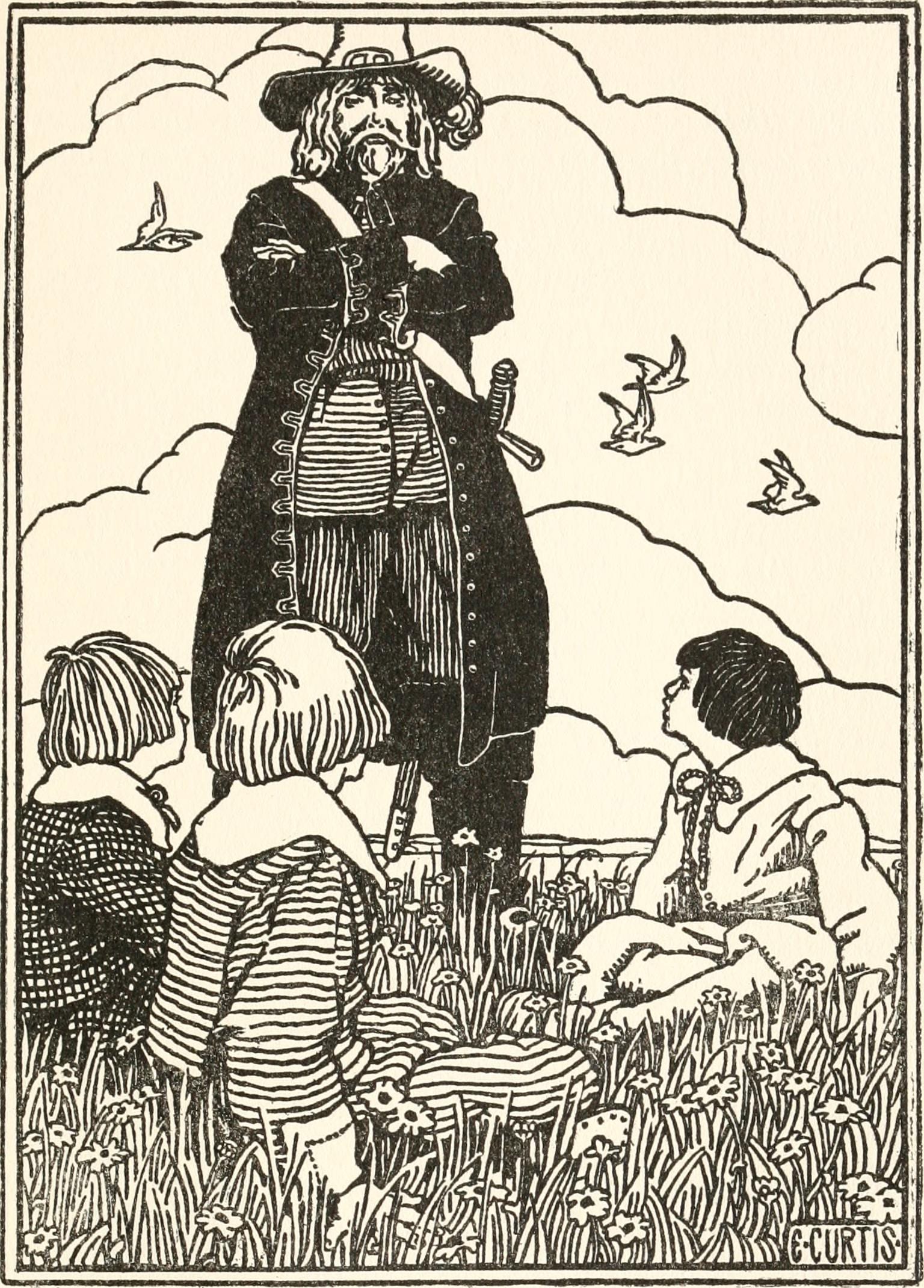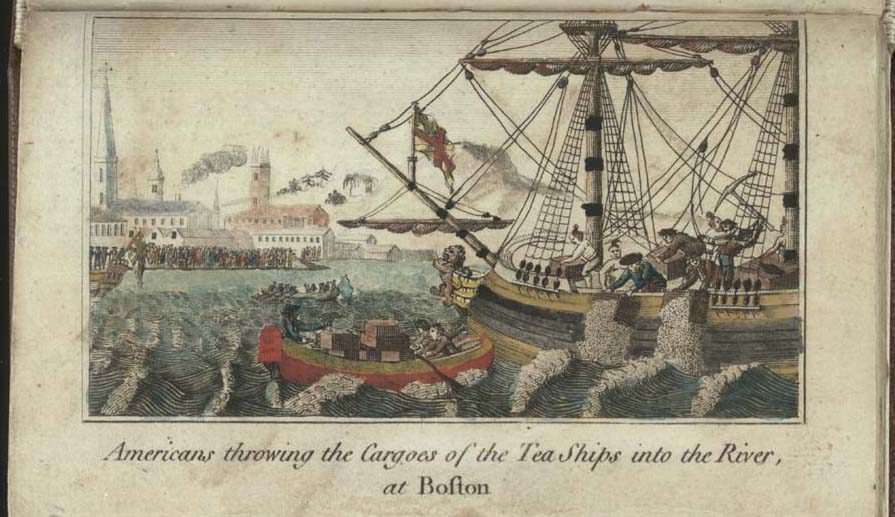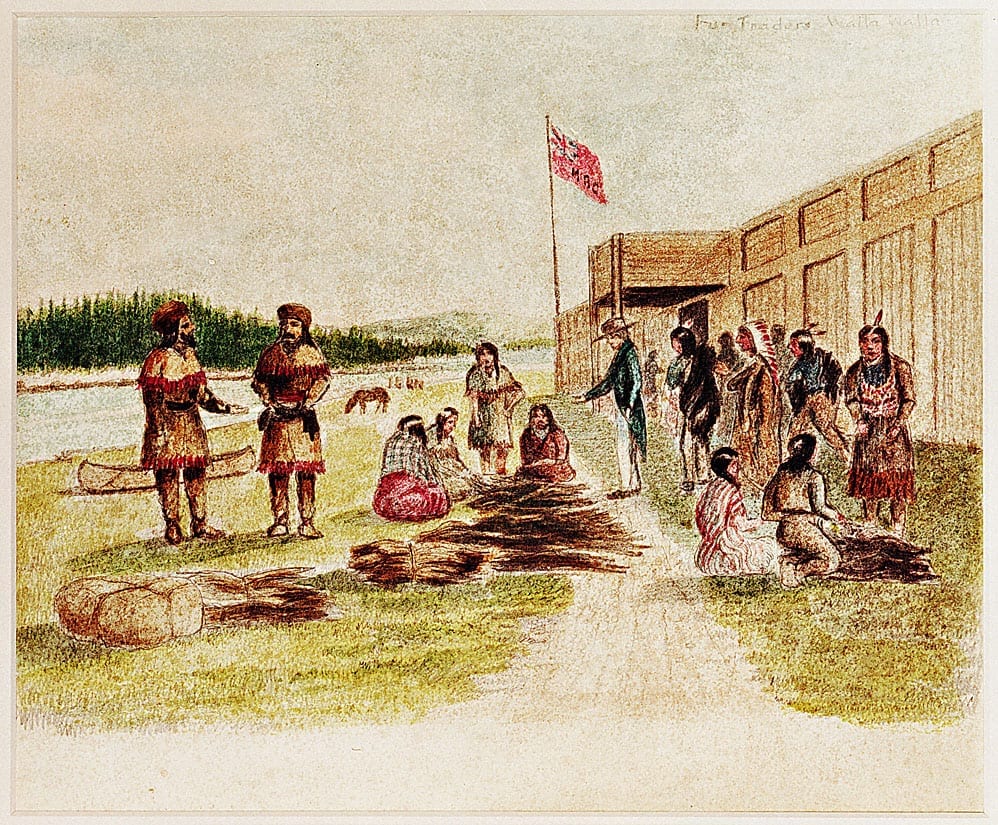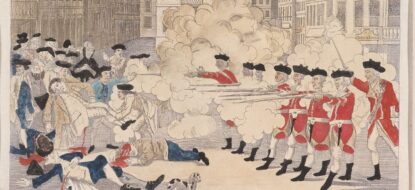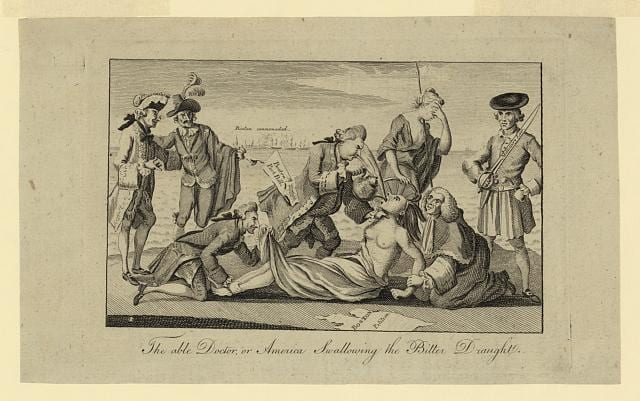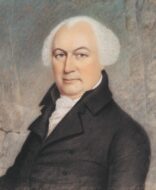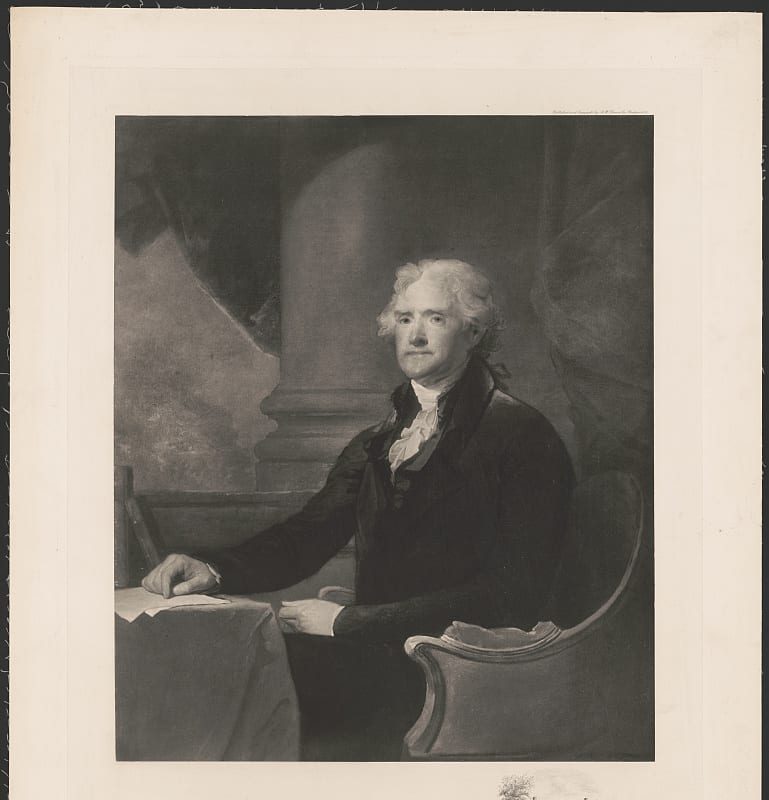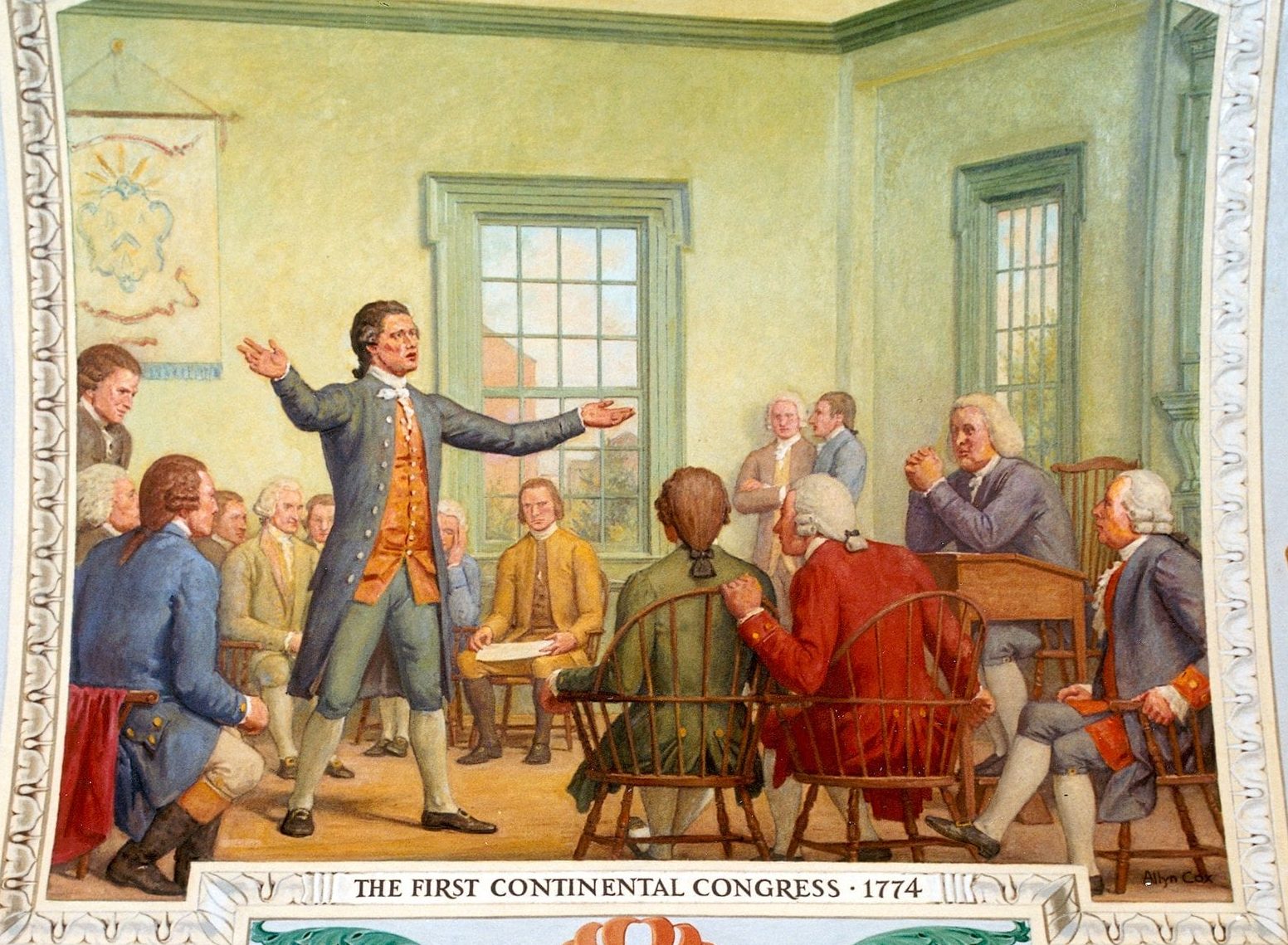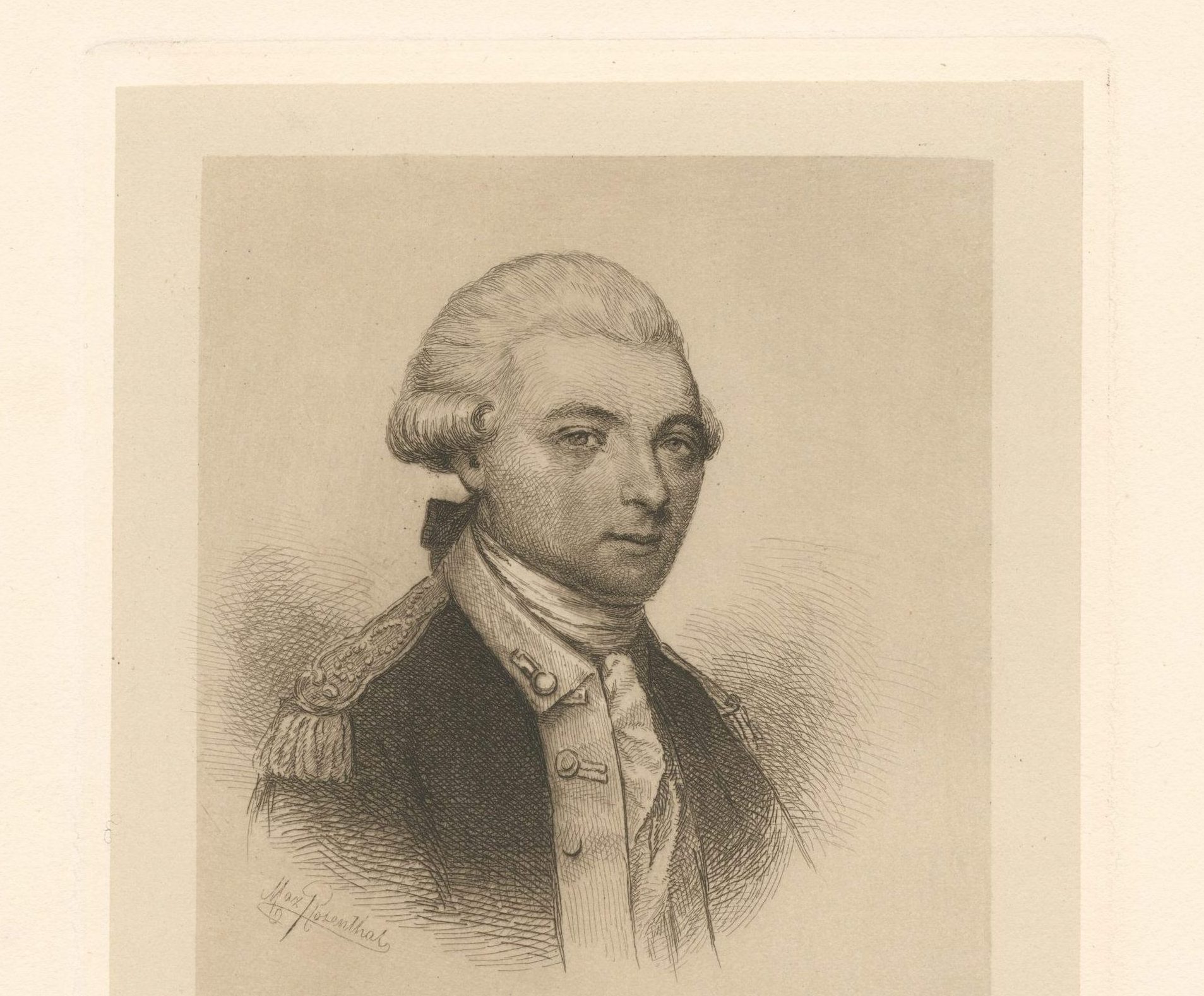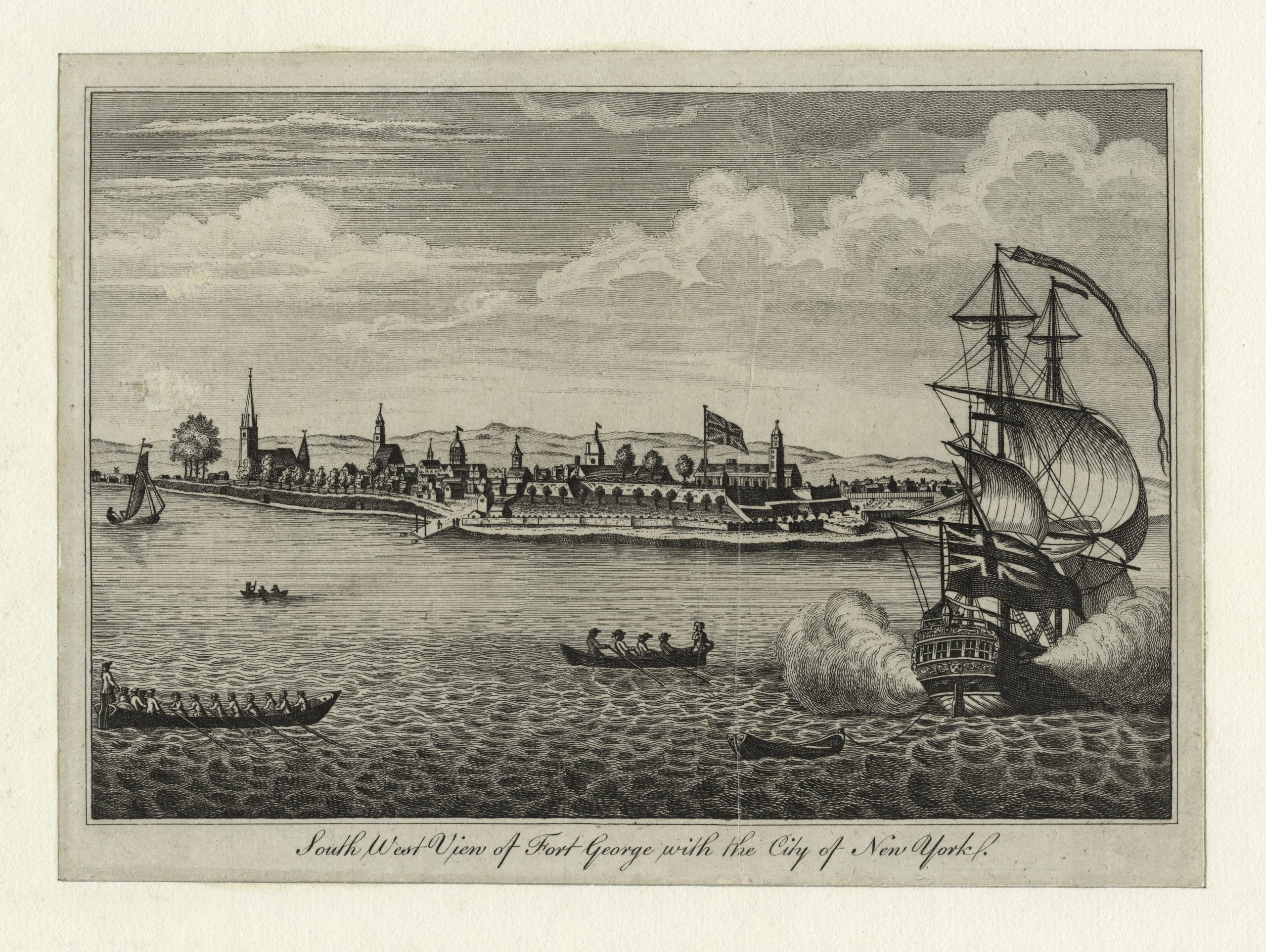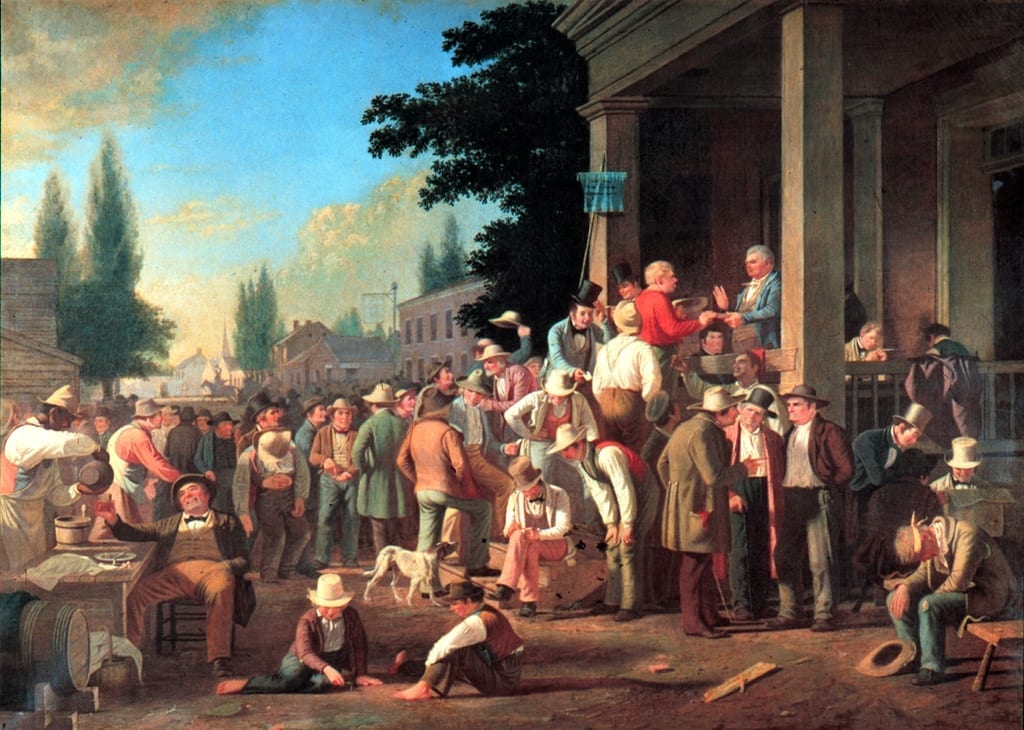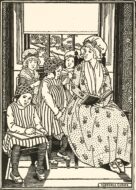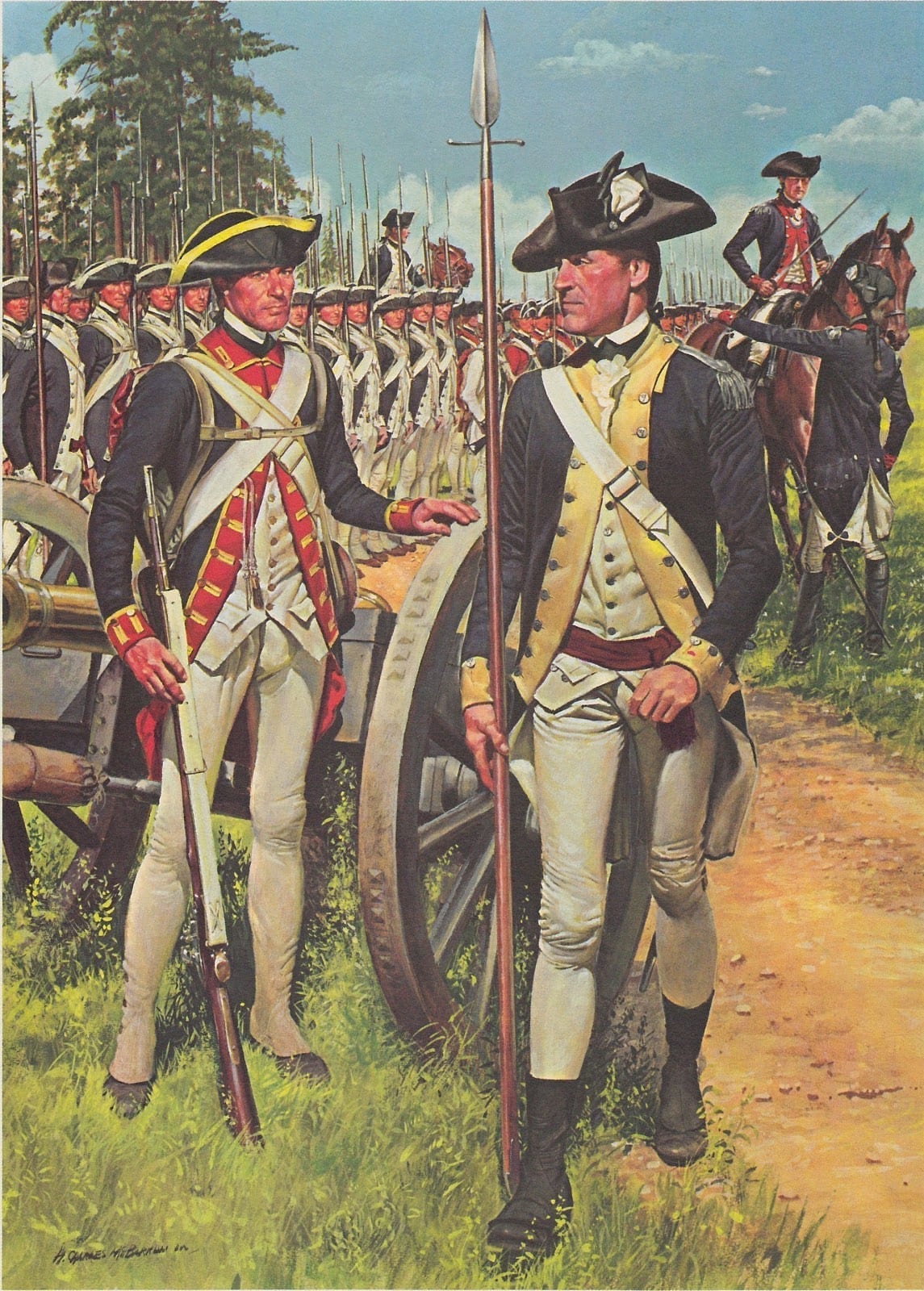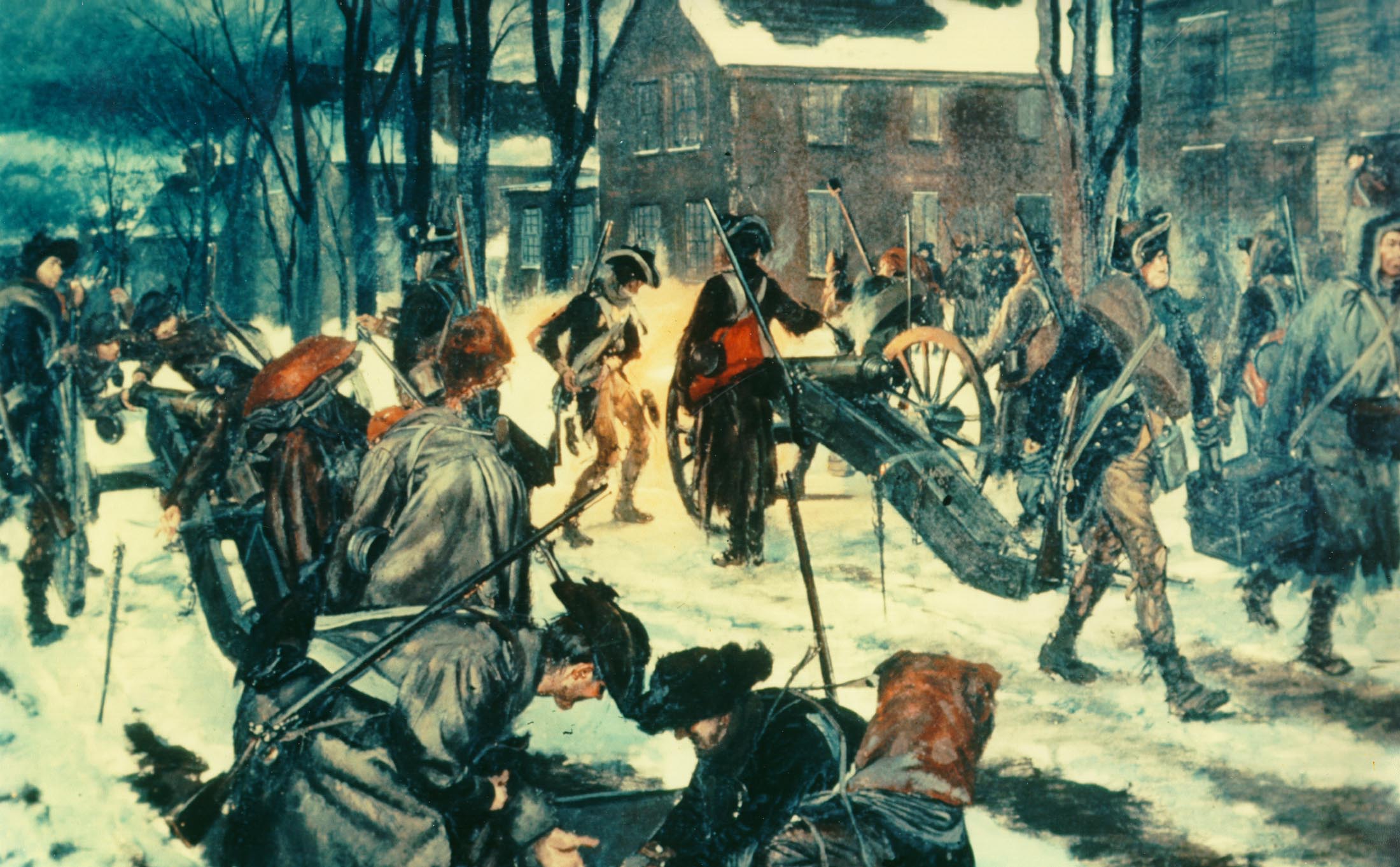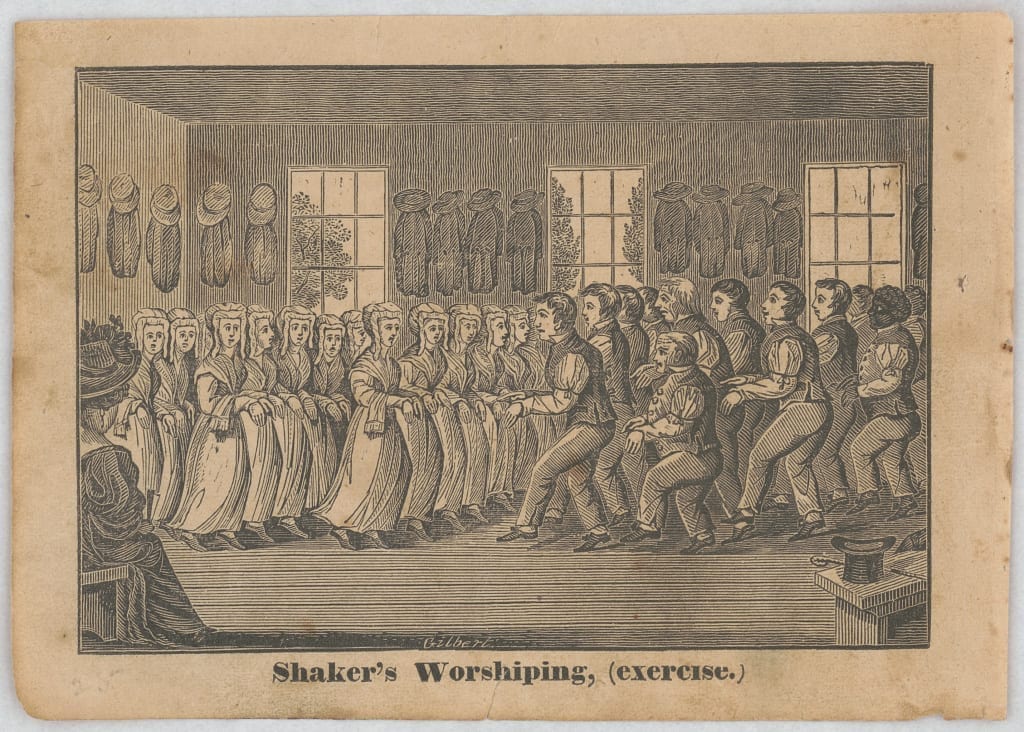Introduction
When they settled in North America, the colonists brought their religious beliefs with them. In most instances, this was accomplished not only as a matter of social or cultural transmission, but by acts of legislative authority that provided public funding for certain religious denominations and not for others. Only Pennsylvania, Delaware, Rhode Island and (possibly) New Jersey failed to establish a particular denomination at some point during the colonial period: in the other colonies, religious establishments were the norm, and generally seen as for the institutional benefit of both church and state, as well as in accordance with the public good. Some colonies (such as Maryland and New York) combined religious establishments with limited toleration for religious dissenters. Yet even in Pennsylvania, although the law was ostensibly “tolerant” of religious variety and protective of freedom of conscience in principle, there remained an underlying presumption that individual religious faith in a broadly Protestant sense (sometimes extended to include Catholics and, more rarely, Jews) was a necessary component of civil order.
The difficulty of maintaining this latter assumption while at the same time holding to an expansive understanding of freedom of conscience became even more apparent when, following the Glorious Revolution, William and Mary signed the Toleration Act of 1689 granting freedom of worship to all Protestants regardless of sect throughout the British Empire. England and her Atlantic colonies soon became a haven for religious refugees from less-tolerant European regimes. After their arrival in places like New York, which already had large and religiously diverse non-English populations, the colonies began to seem “very much divided,” at least in the eyes of those used to greater religious conformity. Indeed, the vibrant but worrisome diversity of religion in the colonies was the impetus behind efforts to establish the Church of England more strongly as a means of asserting royal authority and creating greater political as well as cultural unity.
As scholar and statesman Elisha Williams’ tract, The Essential Rights and Liberties of Protestants, makes clear, however, for many colonists, religious freedom was seen as a natural and inalienable right, one that they would increasingly associate with other political rights worth fighting for – with words when possible, and weapons when necessary – as the century wore on.
Benjamin Franklin, Autobiography (Henry Holt and Co: New York, 1916), 78-80.
In 1739, arrived among us from England the Rev. Mr. Whitefield, who had made himself remarkable there as an itinerant preacher. He was at first permitted to preach in some of our churches; but the clergy taking a dislike to him, soon refused him their pulpits and he was obliged to preach in the fields. The multitudes of all sects and denominations that attended his sermons were enormous and it was [a] matter of speculation to me who was one of the number, to observe the extraordinary influence of his oratory on his hearers, and how much they admired and respected him, notwithstanding his common abuse of them, by assuring them they were naturally half beasts and half devils. It was wonderful to see the change soon made in the manners of our Inhabitants; from being thoughtless or indifferent about religion, it seemed as if all the world were growing religious; so that one could not walk through the town in an evening without hearing psalms sung in different families of every street.
And it being found inconvenient to assemble in the open air, subject to its inclemencies, the building of a house to meet in was no sooner proposed and persons appointed to receive contributions, but sufficient sums were soon received to procure the ground and erect the building, which was 100 feet long and 70 broad, about the size of Westminster Hall, and the work was carried on with such spirit as to be finished in a much shorter time than could have been expected. Both house and ground were vested in Trustees, expressly for the use of any preacher of any religious persuasion who might desire to say something to the people of Philadelphia, the design in building not being to accommodate any particular sect, but the inhabitants in general, so that even if the Mufti of Constantinople were to send a missionary to preach Mahometism to us, he would find a pulpit at his service. . . .
I happened soon after to attend one of [Whitefield’s] sermons, in the course of which I perceived he intended to finish with a collection, and I silently resolved he should get nothing from me. I had in my pocket a handful of copper money, three or four silver dollars, and five pistoles in Gold. As he proceeded I began to soften, and concluded to give the coppers. Another stroke of his oratory made me ashamed of that, and determined me to give the silver; and he finished so admirably, that I emptied my pocket wholly into the collector’s dish, gold and all. . . .
He had a loud and clear voice, and articulated his words and sentences so perfectly that he might be heard and understood at a great Distance, especially as his auditors, however numerous, observed the most exact silence. He preached one evening from the top of the Court House steps, which are in the middle of Market Street, and on the West Side of Second Street which crosses it at right angles. Both Streets were filled with his Hearers to a considerable distance. Being among the hindmost in Market Street, I had the curiosity to learn how far he could be heard, by retiring backwards down the Street towards the River; and I found his voice distinct till I came near Front Street, when some noise in that Street, obscured it. Imagining then a semicircle, of which my distance should be the radius, and that it were filled with Auditors, to each of whom I allowed two square feet, I computed that he might well be heard by more than thirty thousand. This reconciled me to the newspaper accounts of his having preached to 25,000 People in the fields, and to the ancient histories of generals haranguing whole armies, of which I had sometimes doubted. . . .


